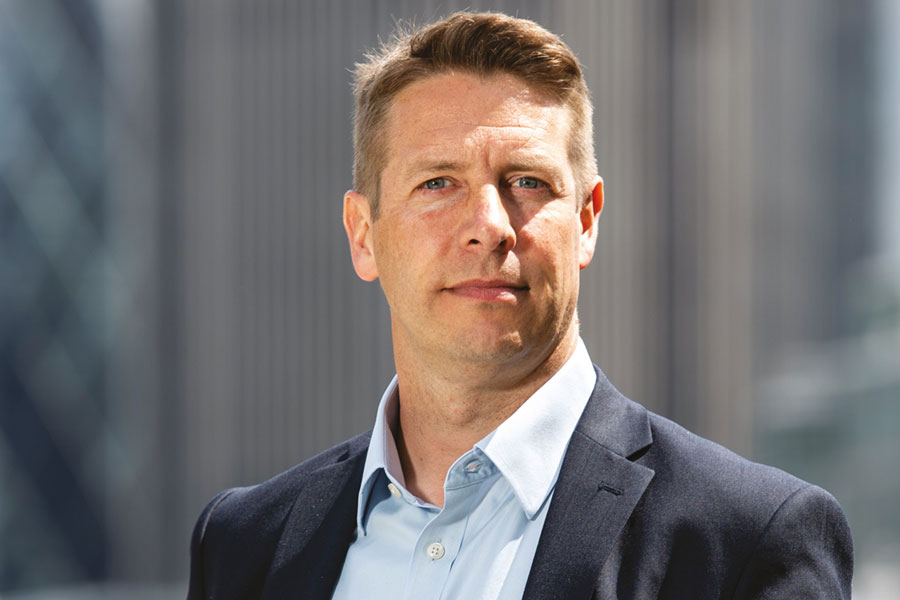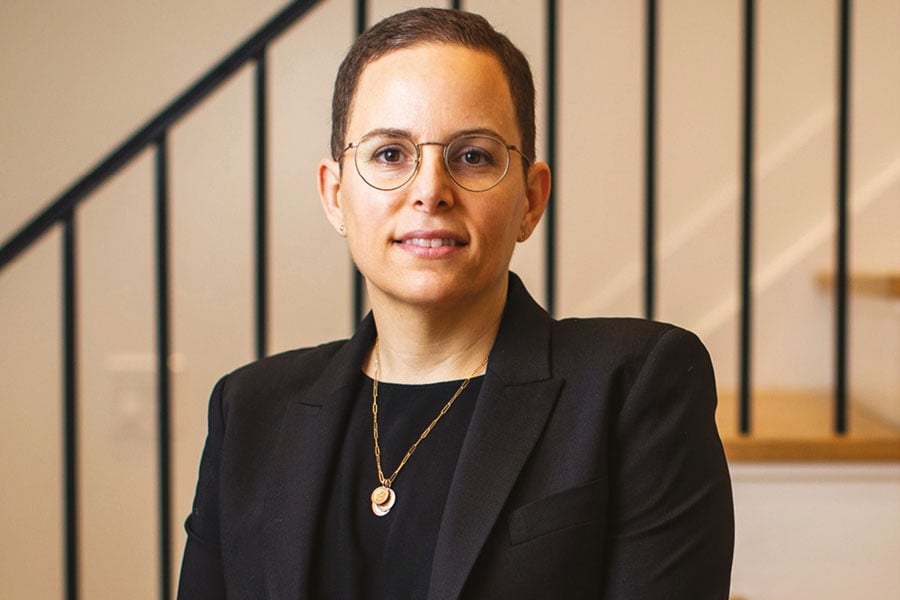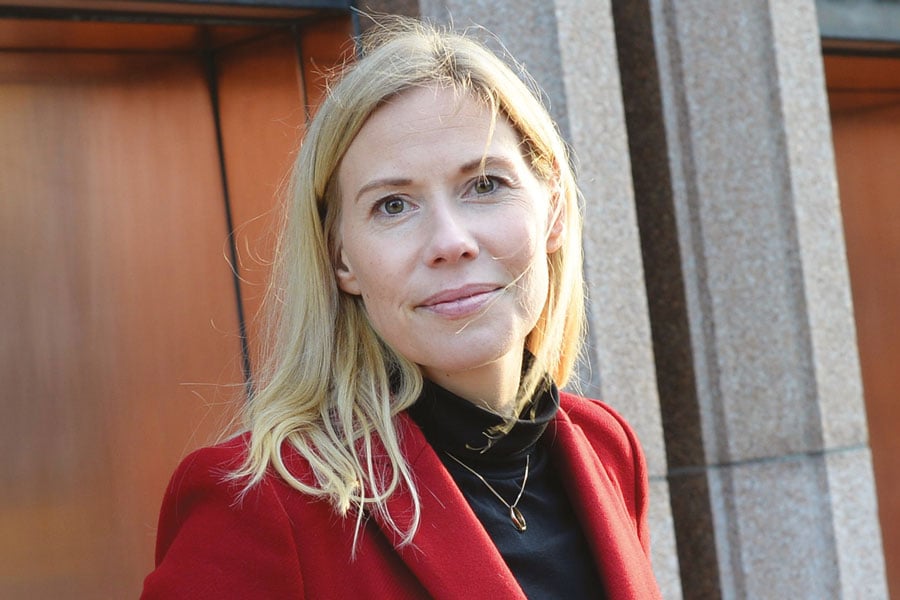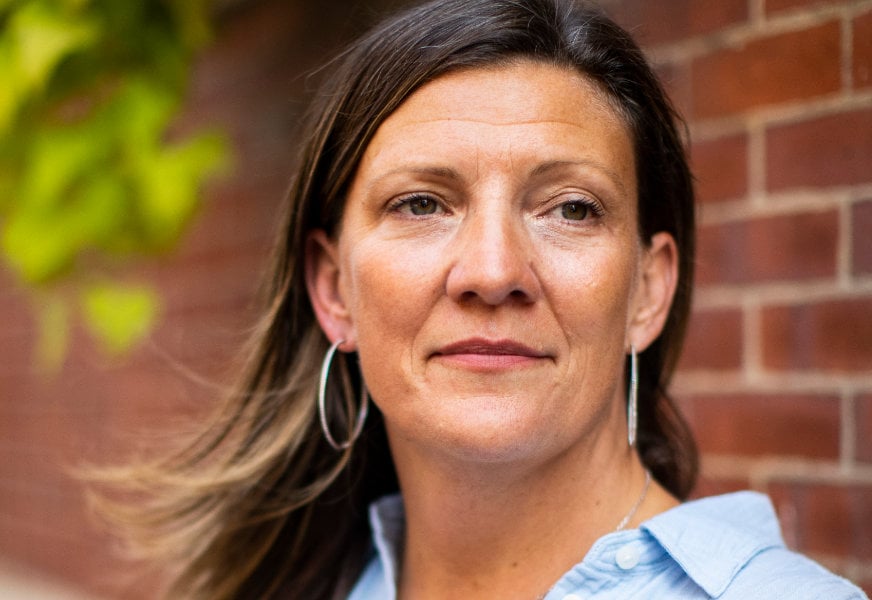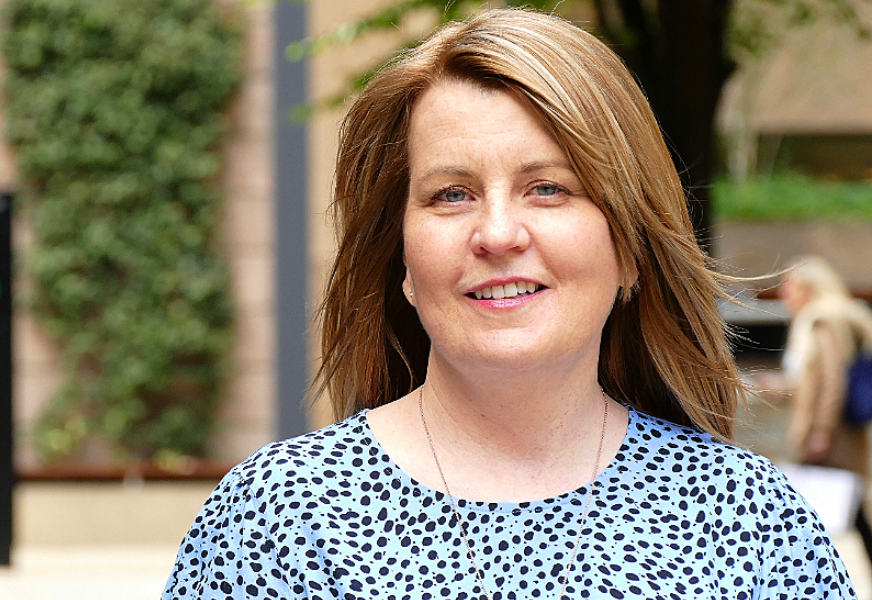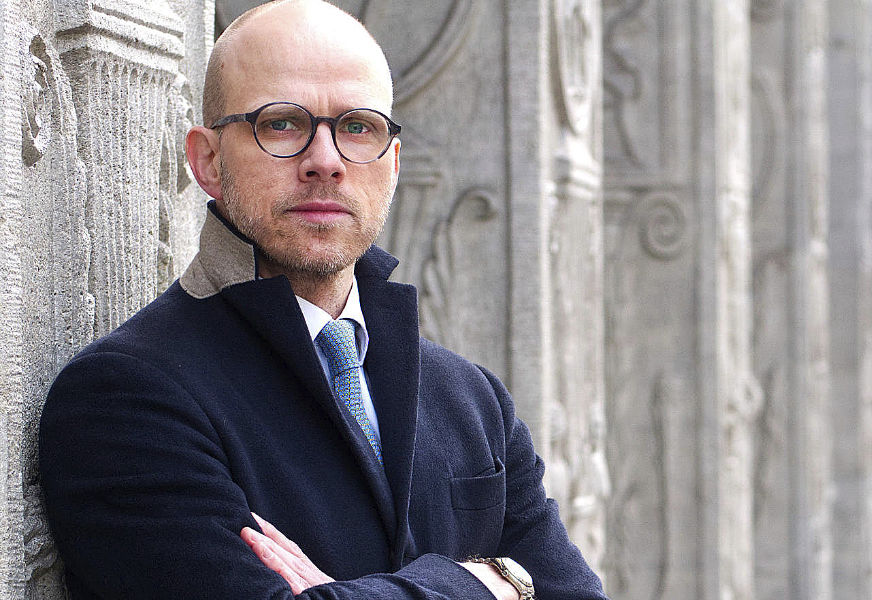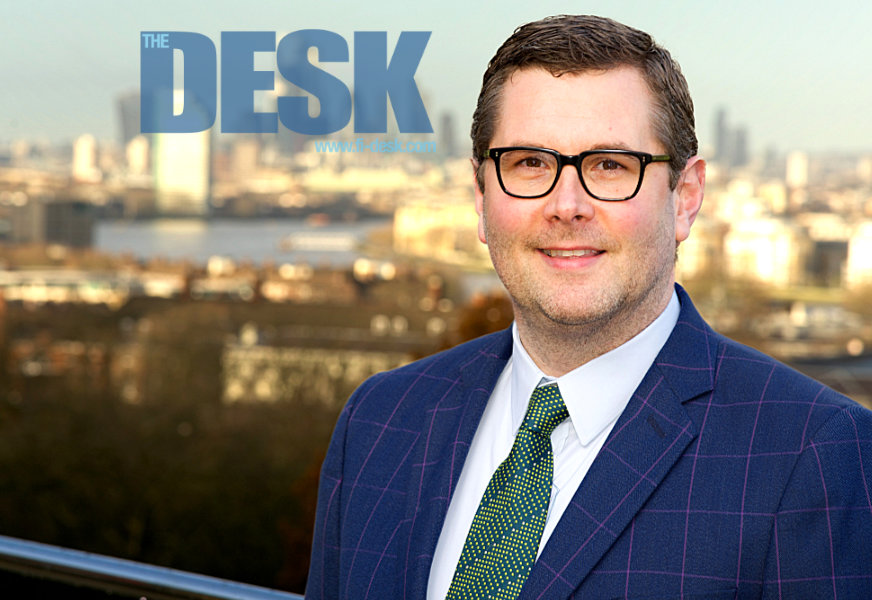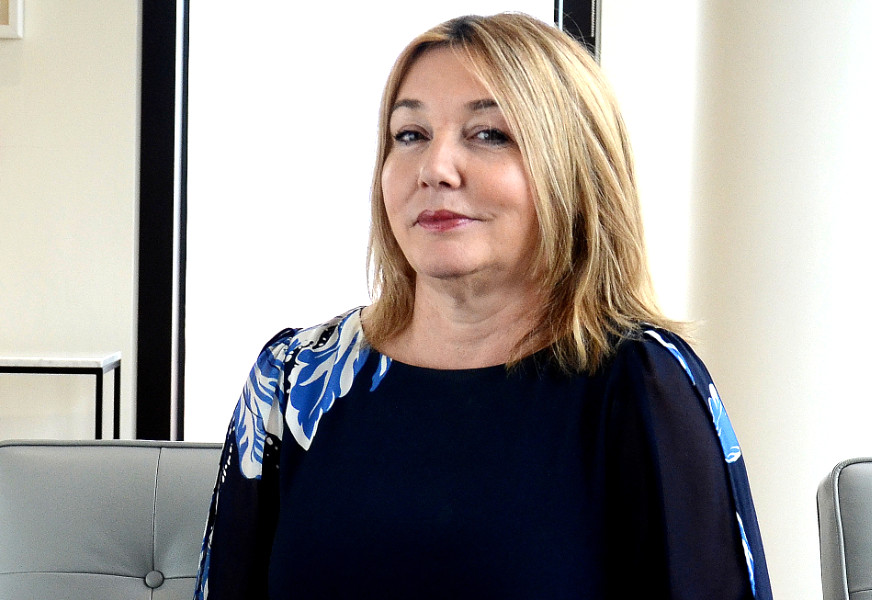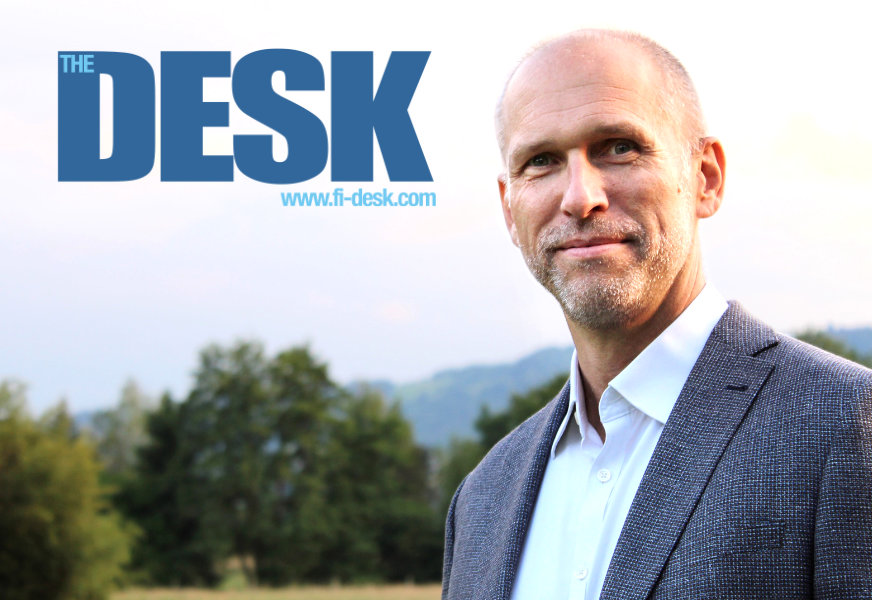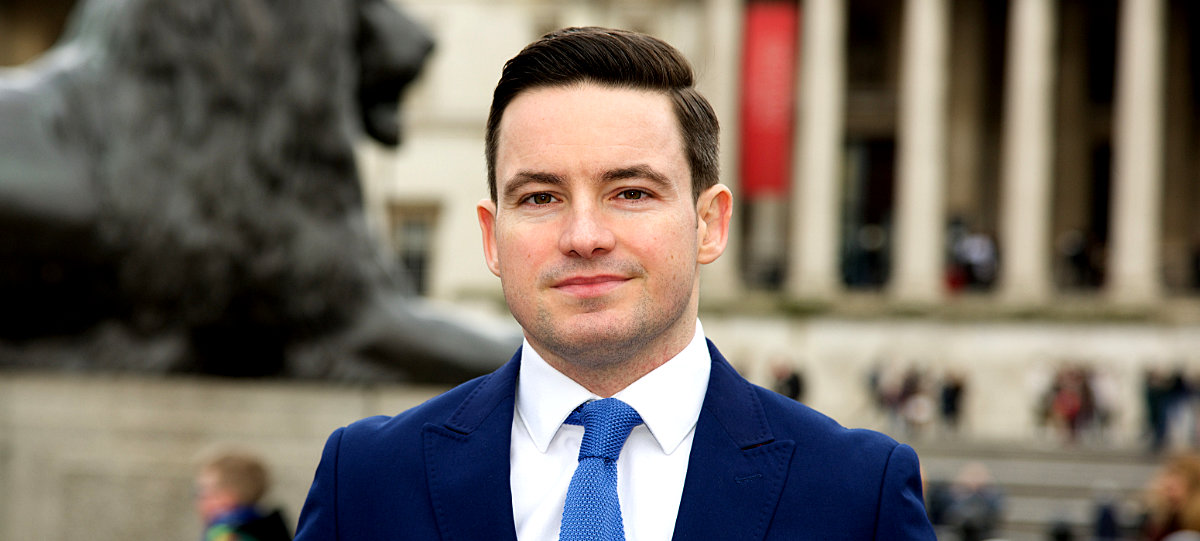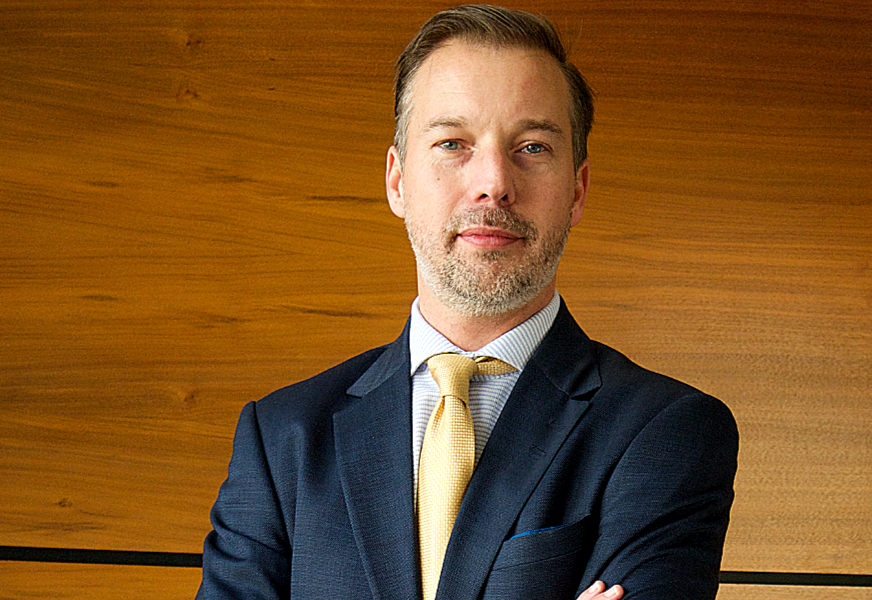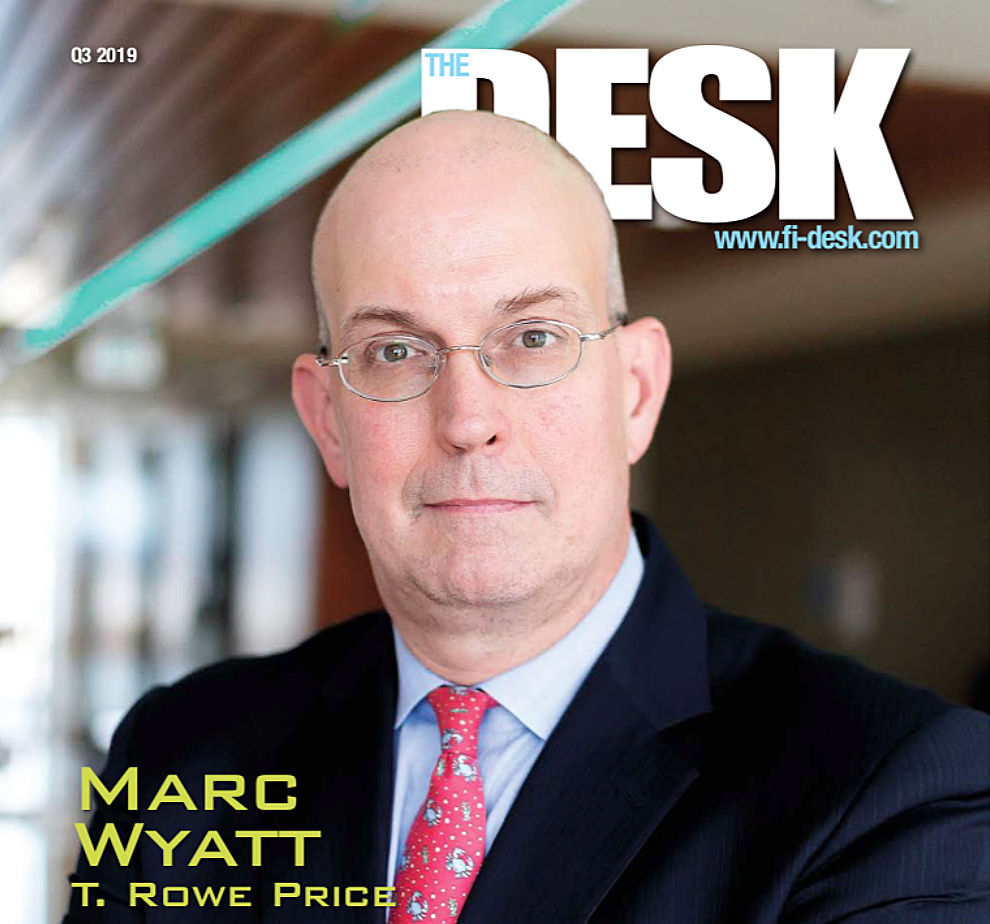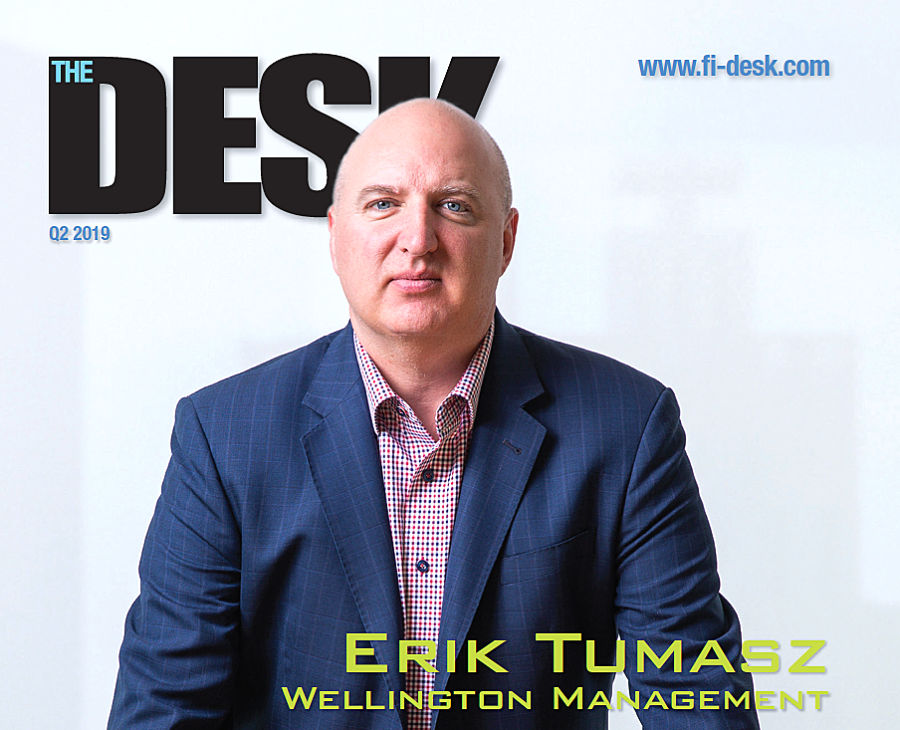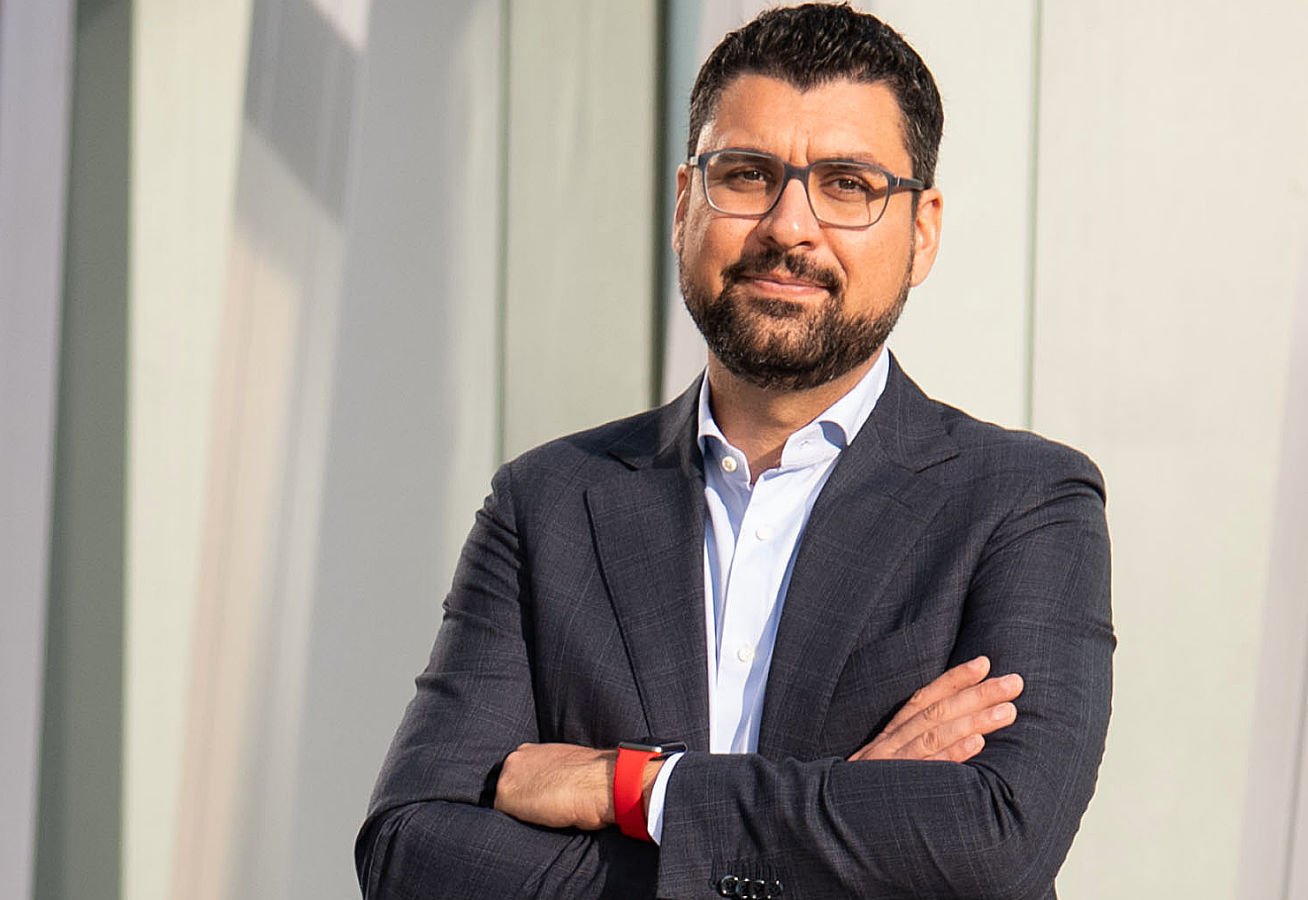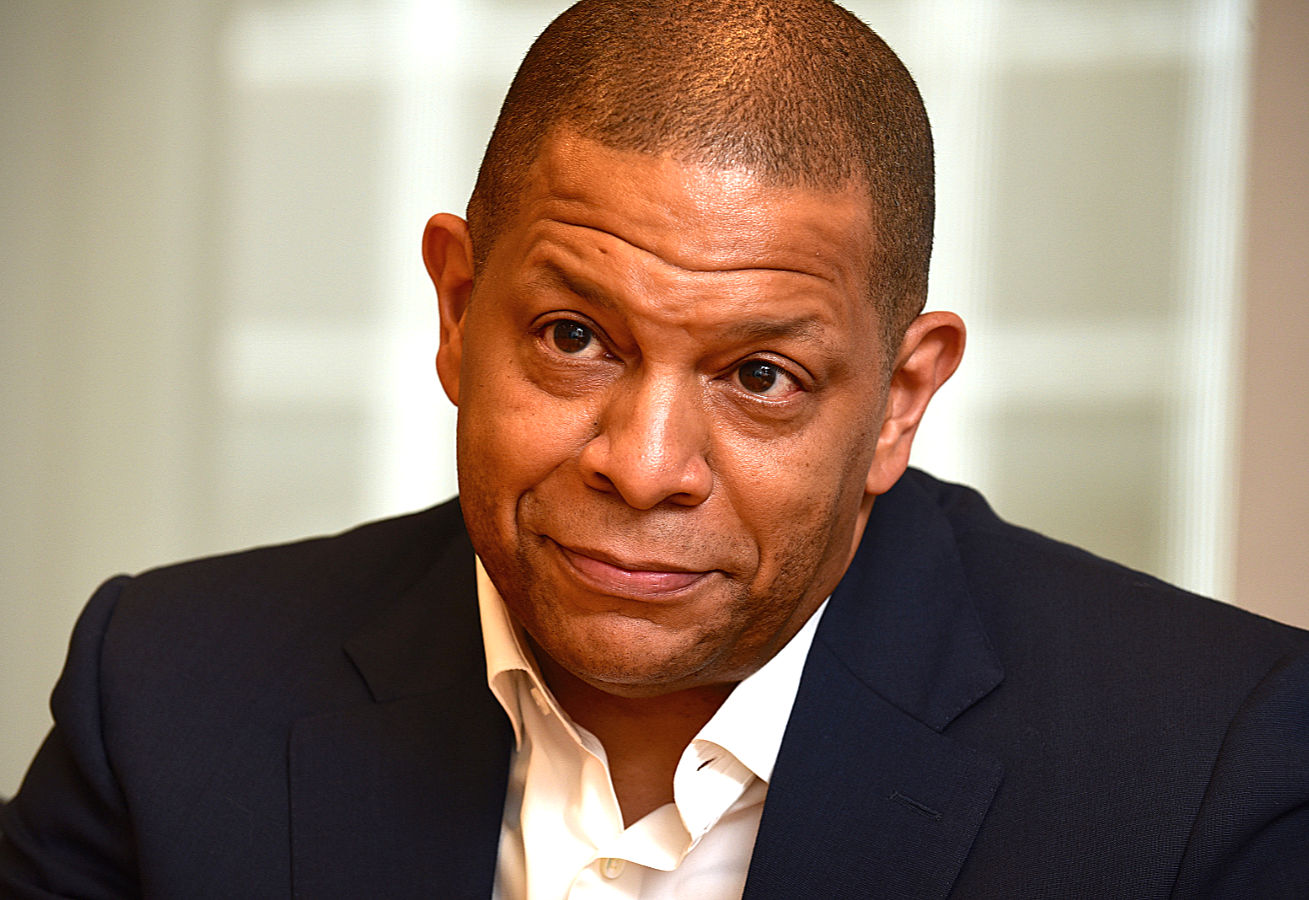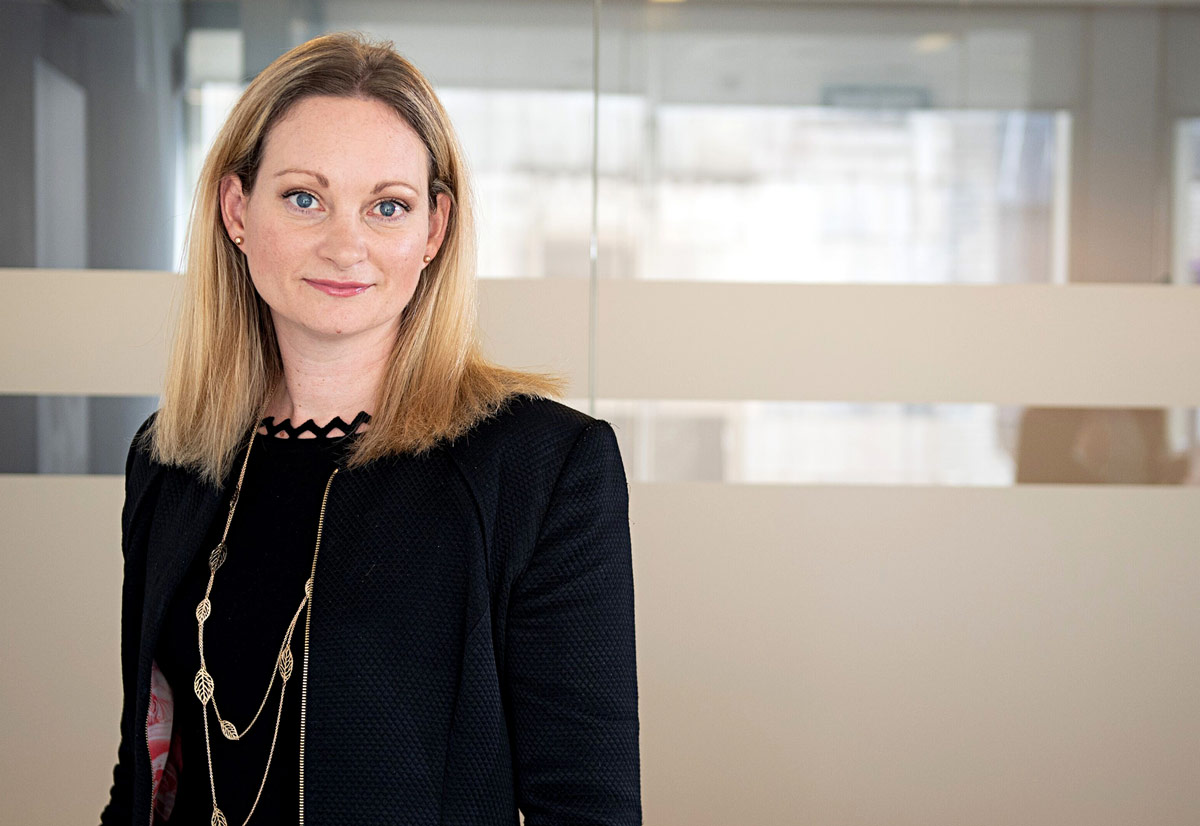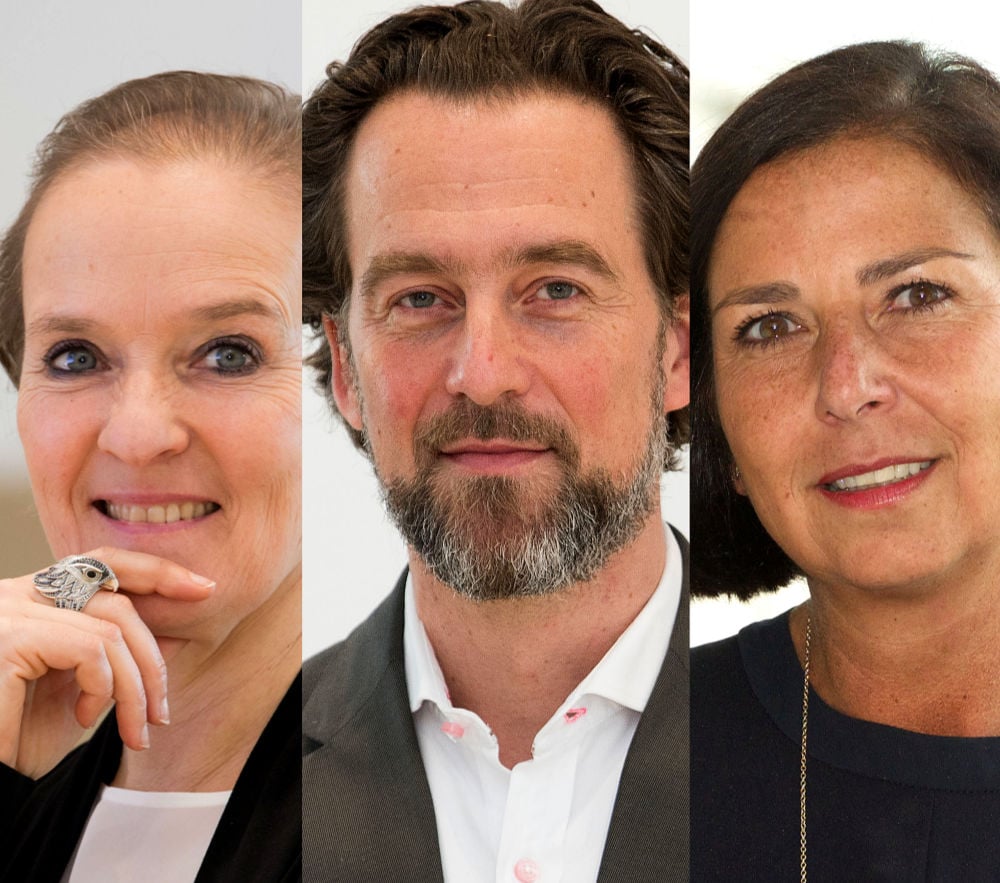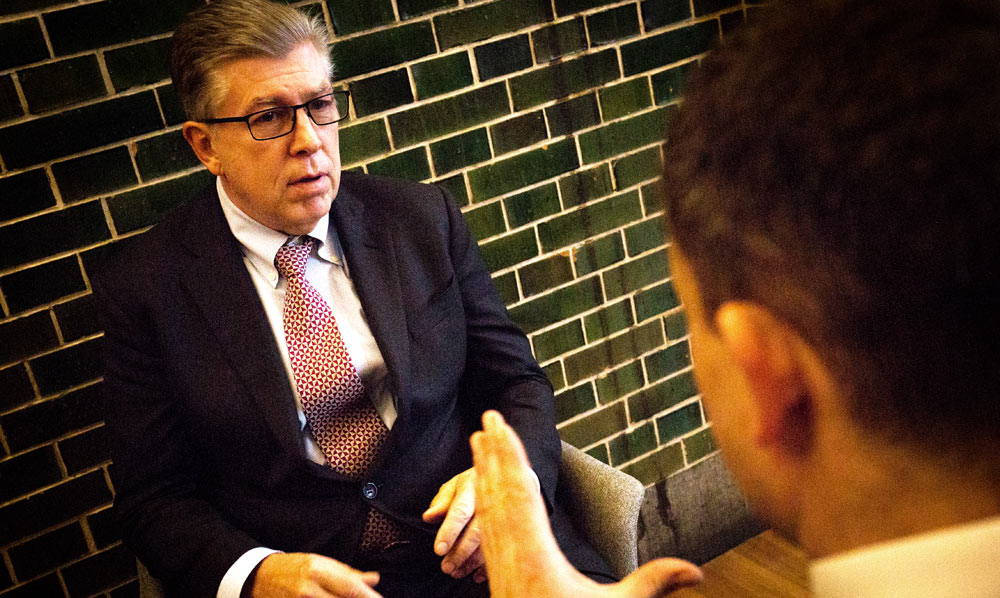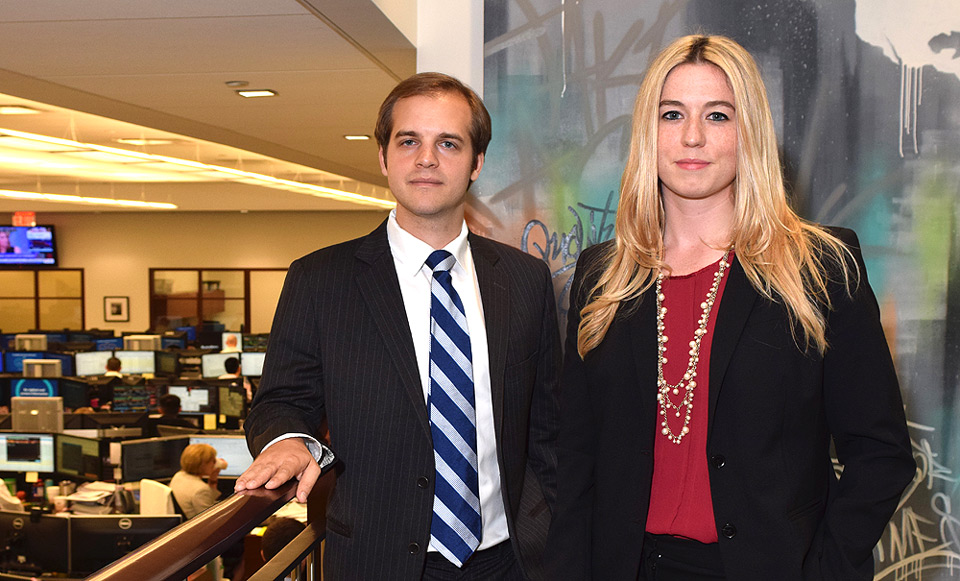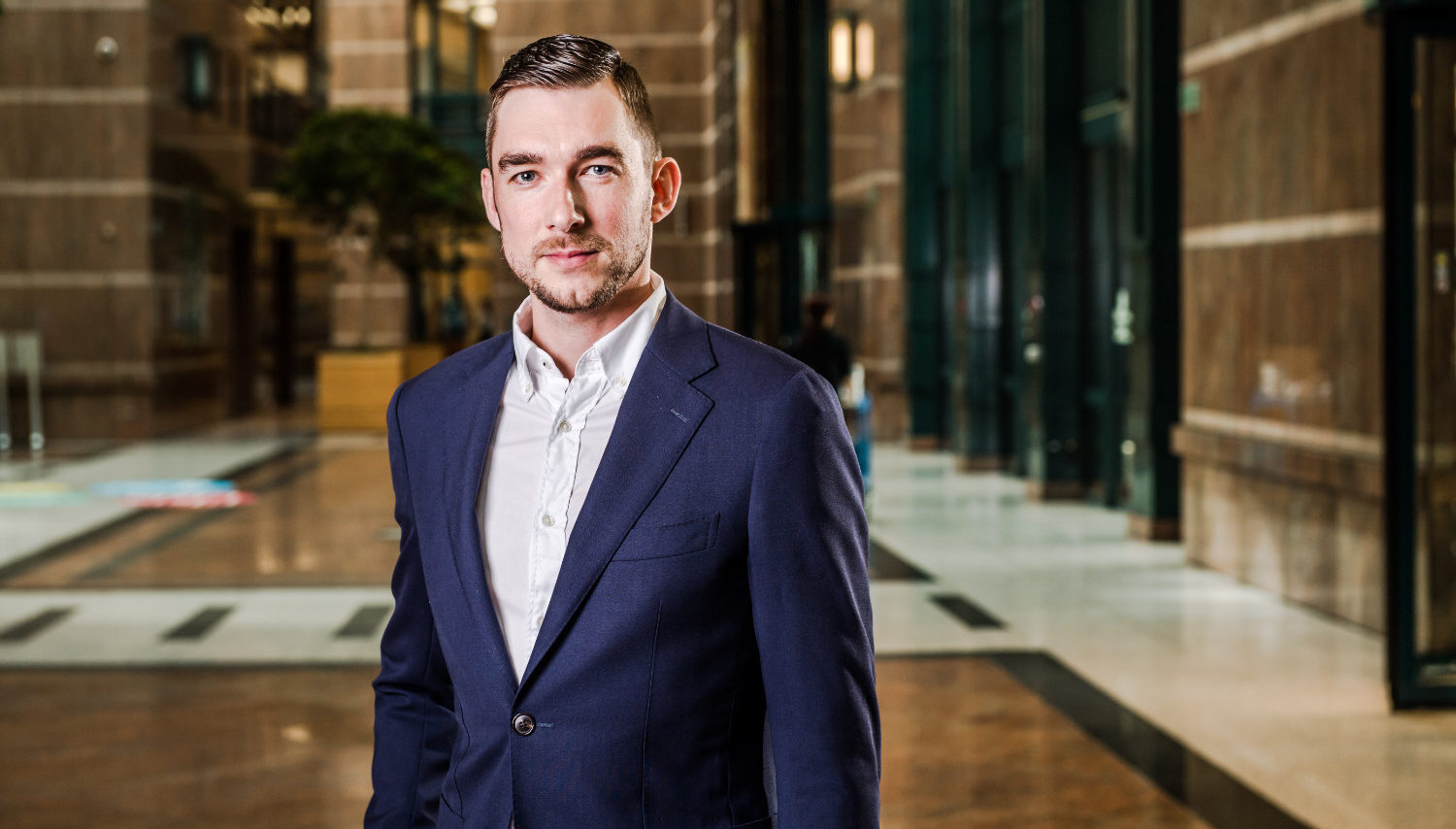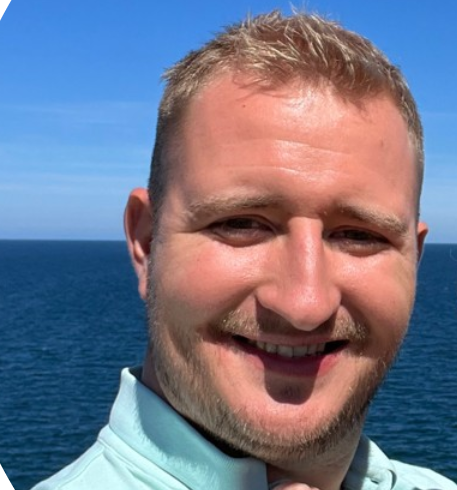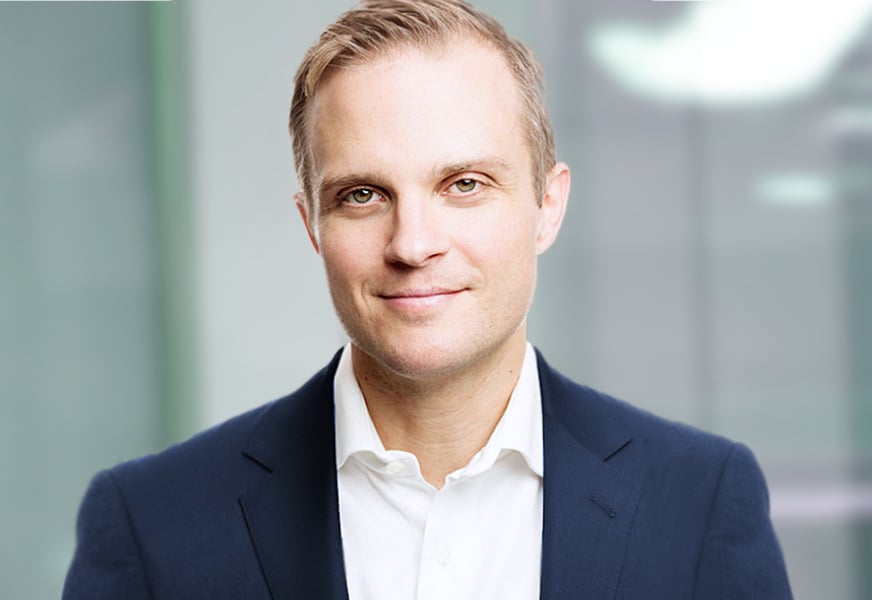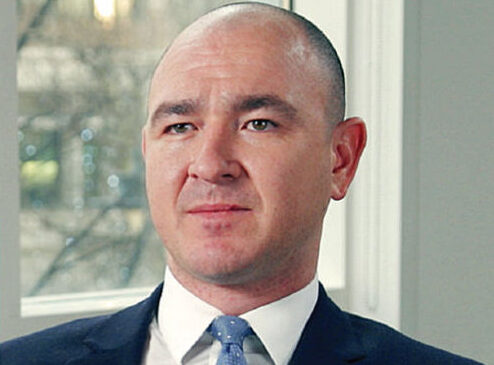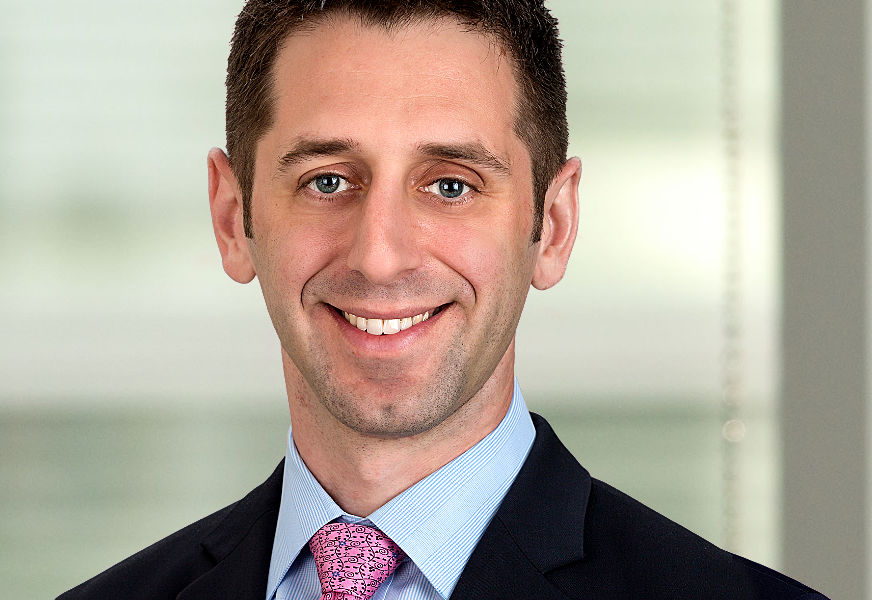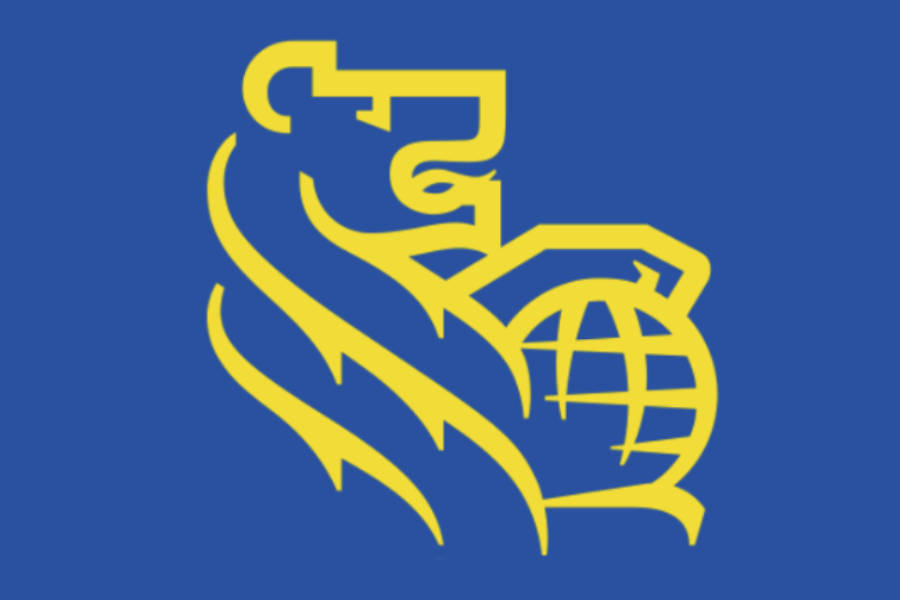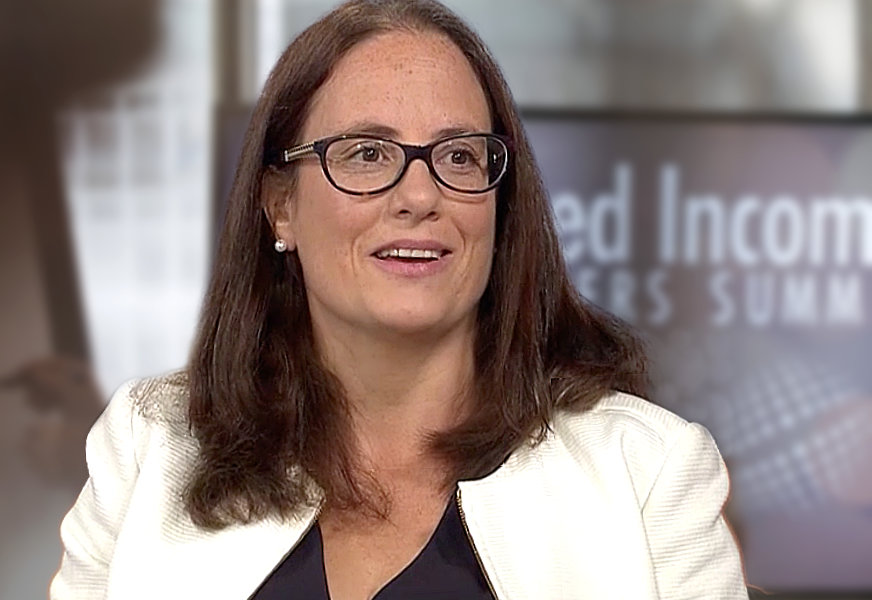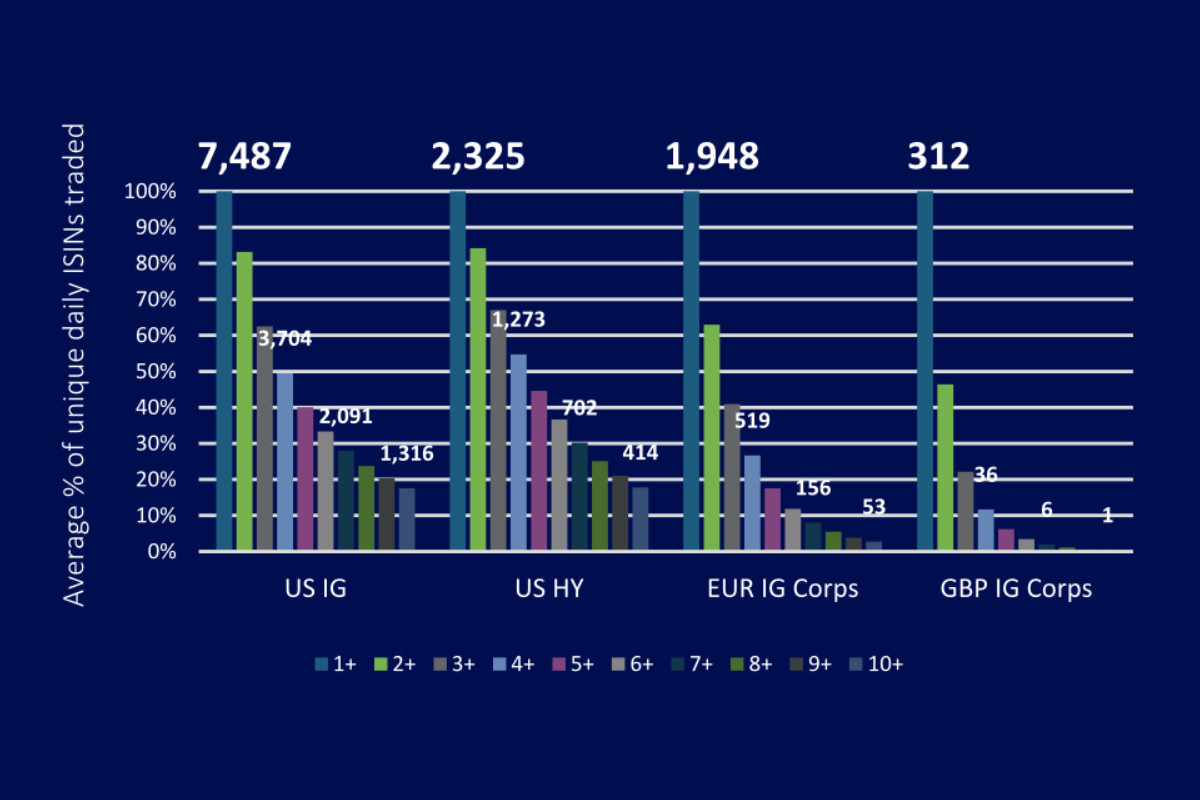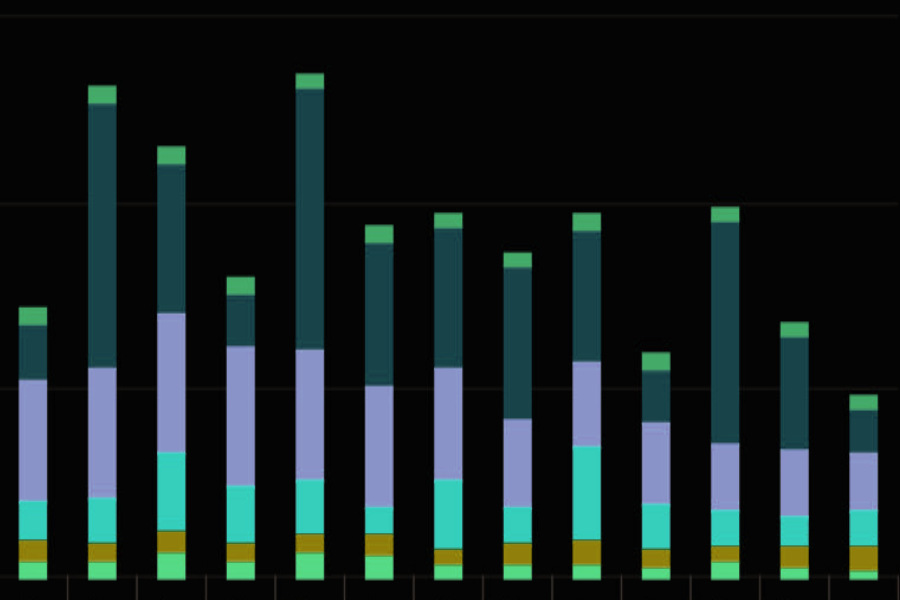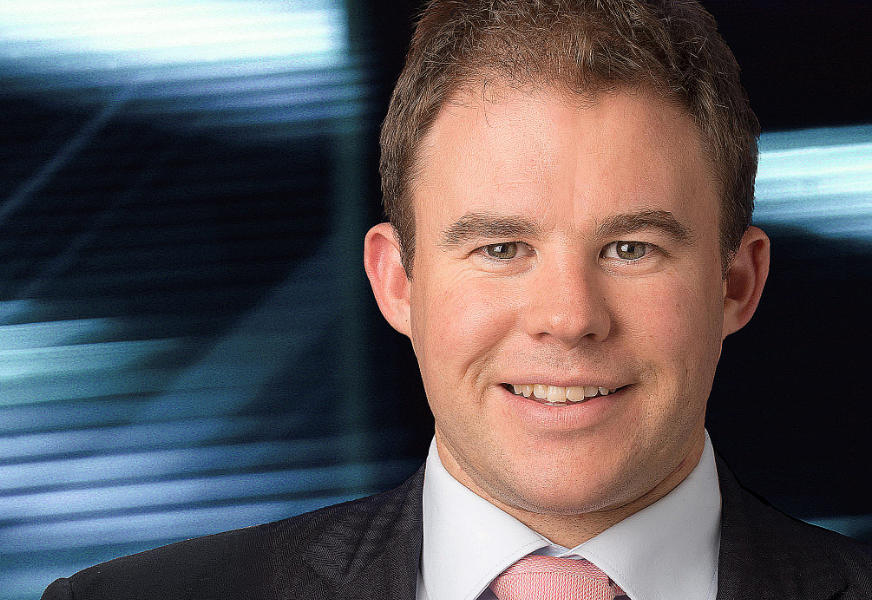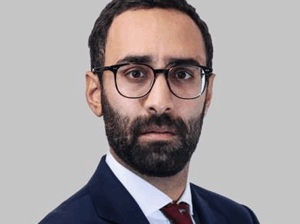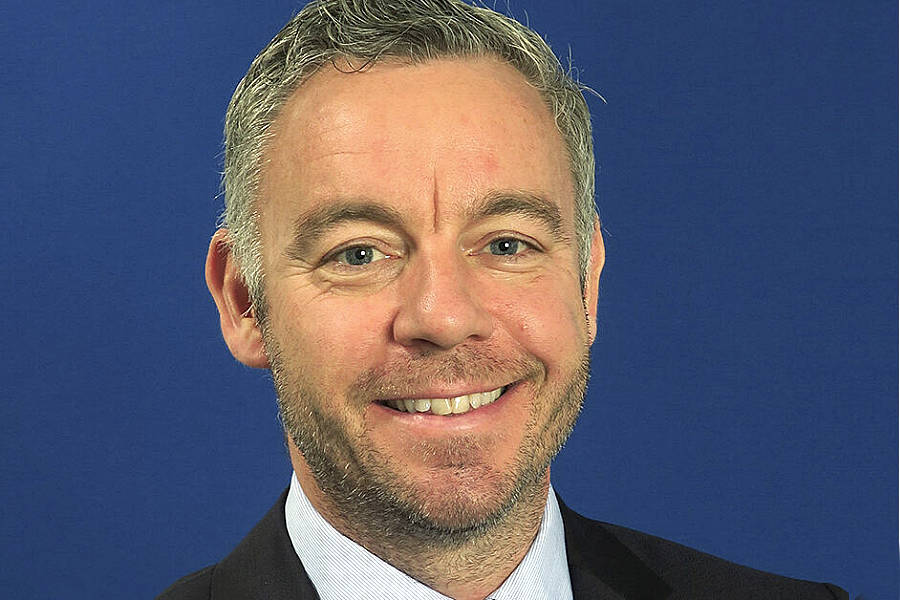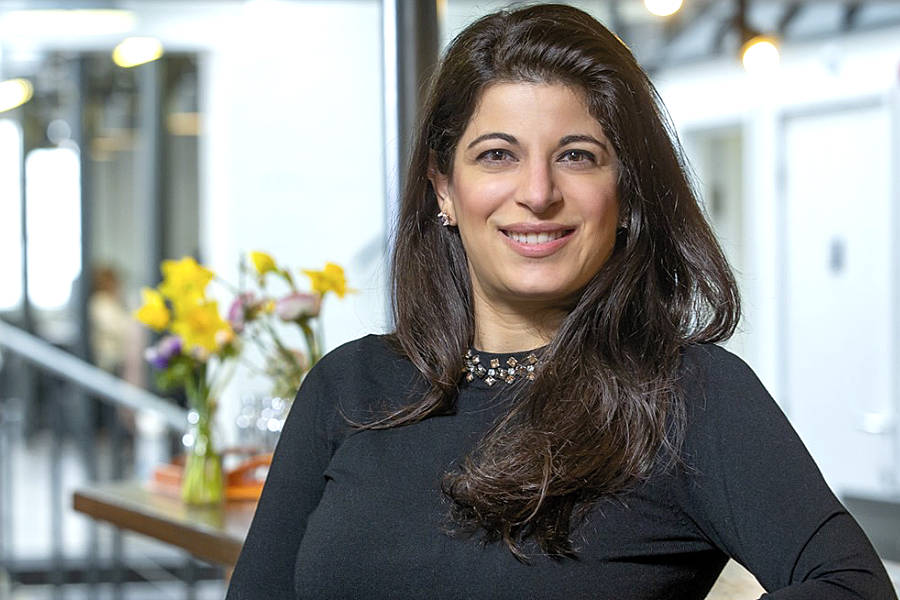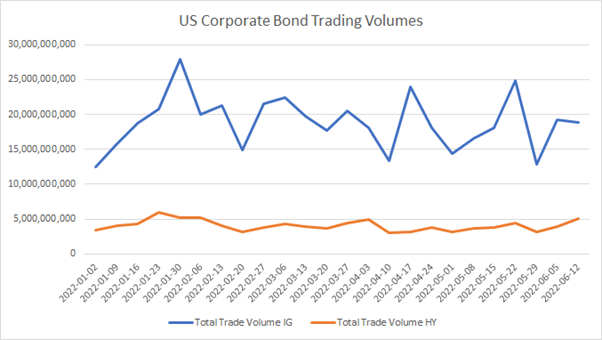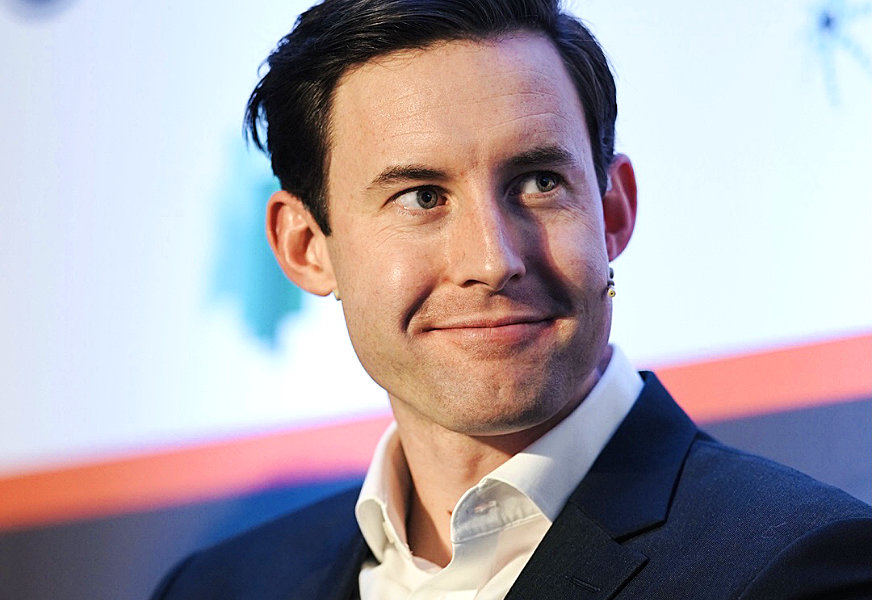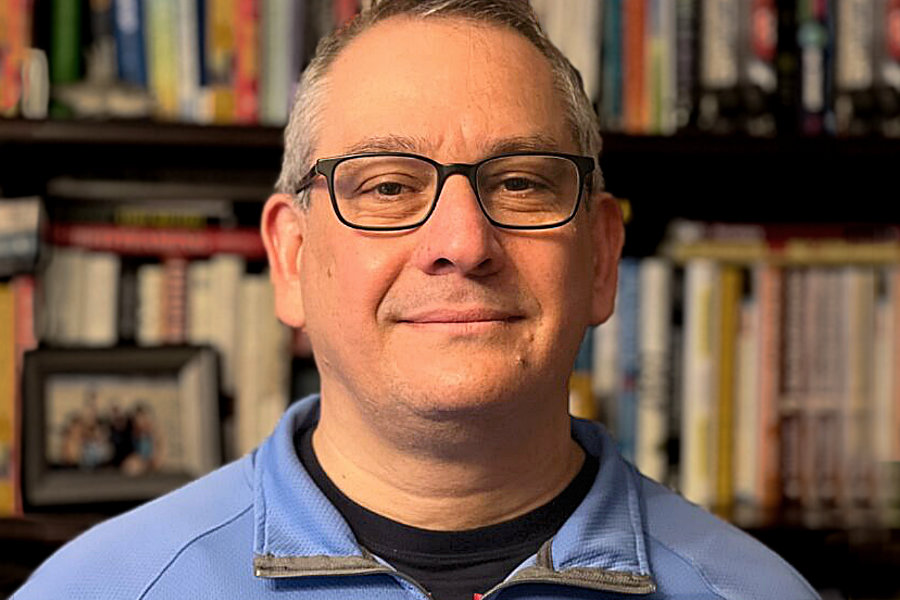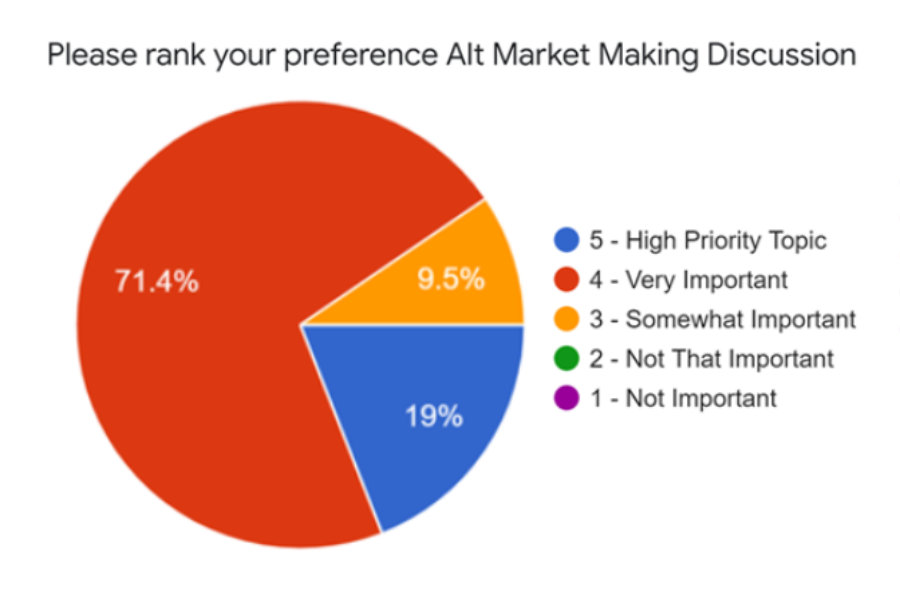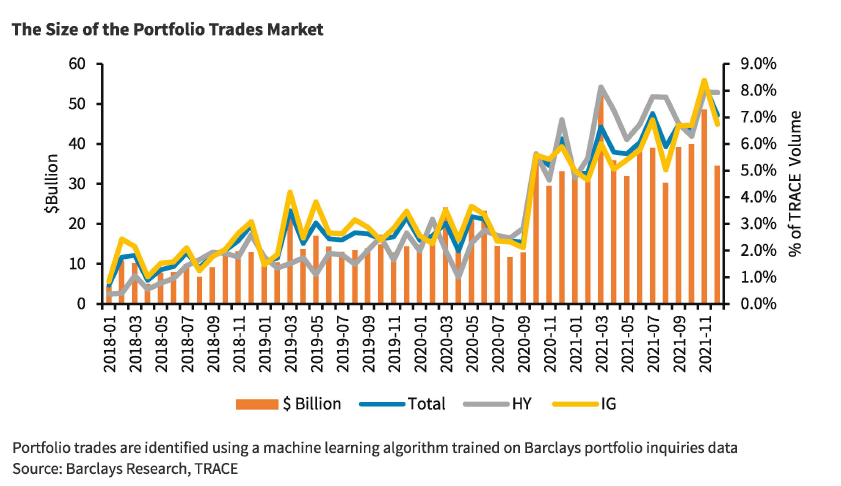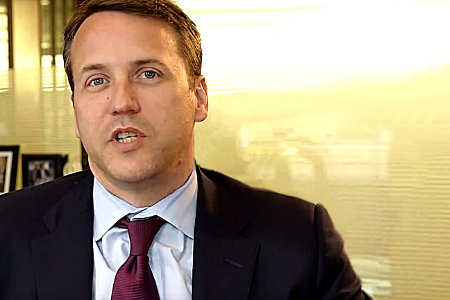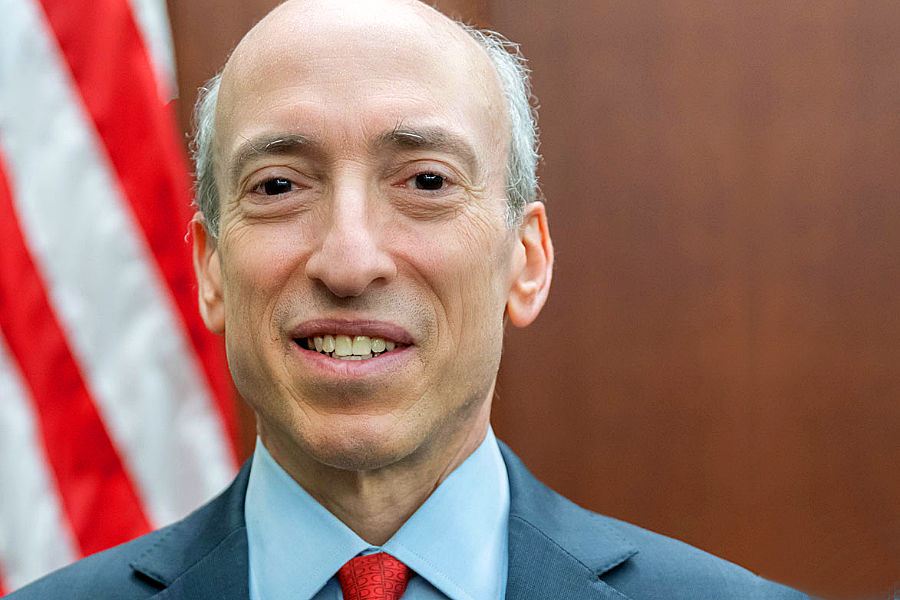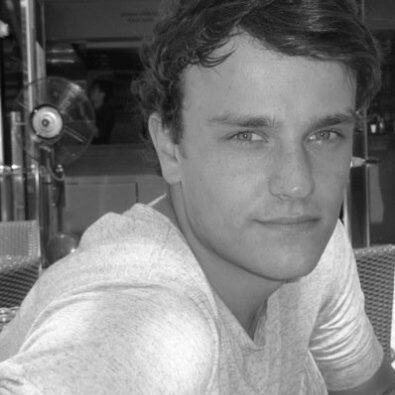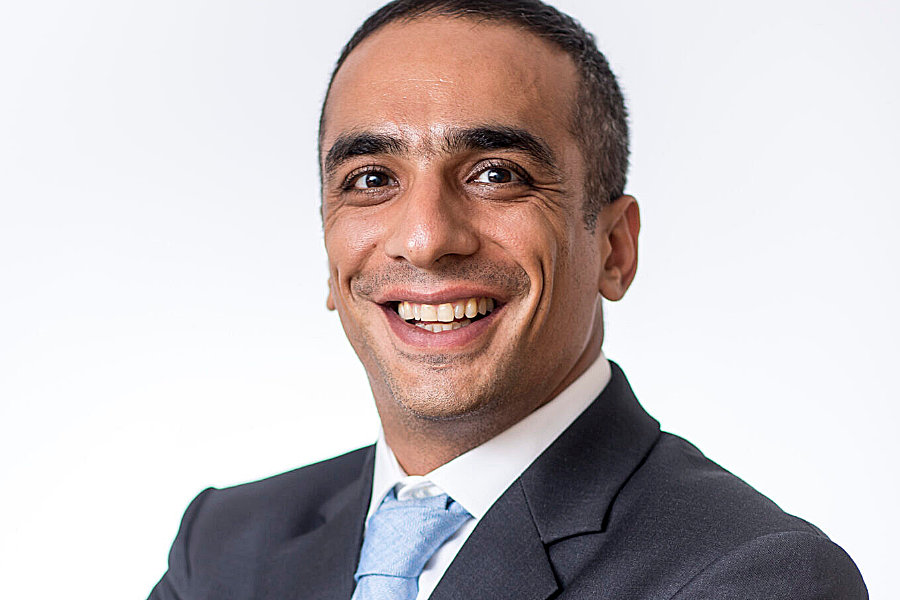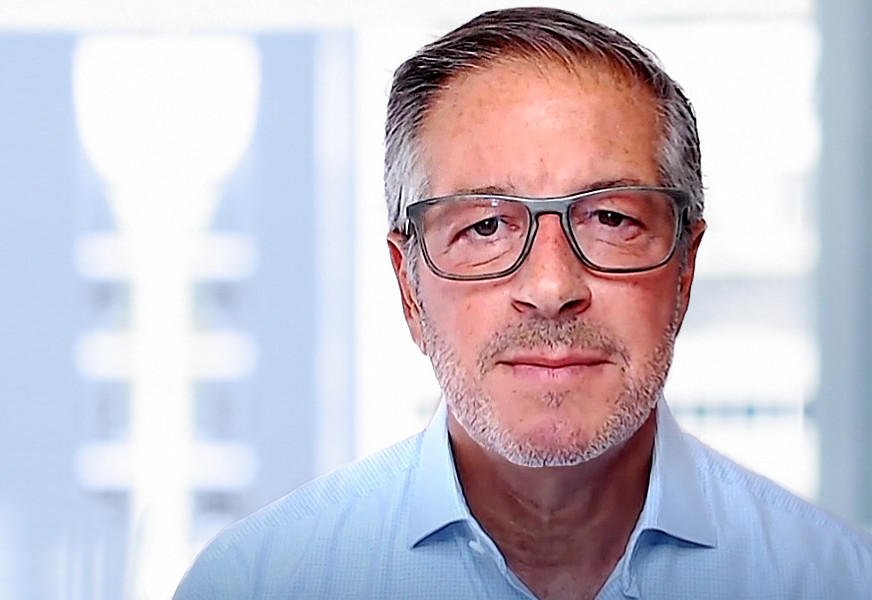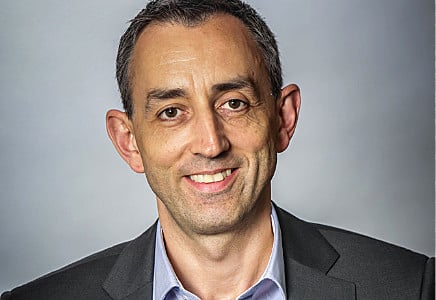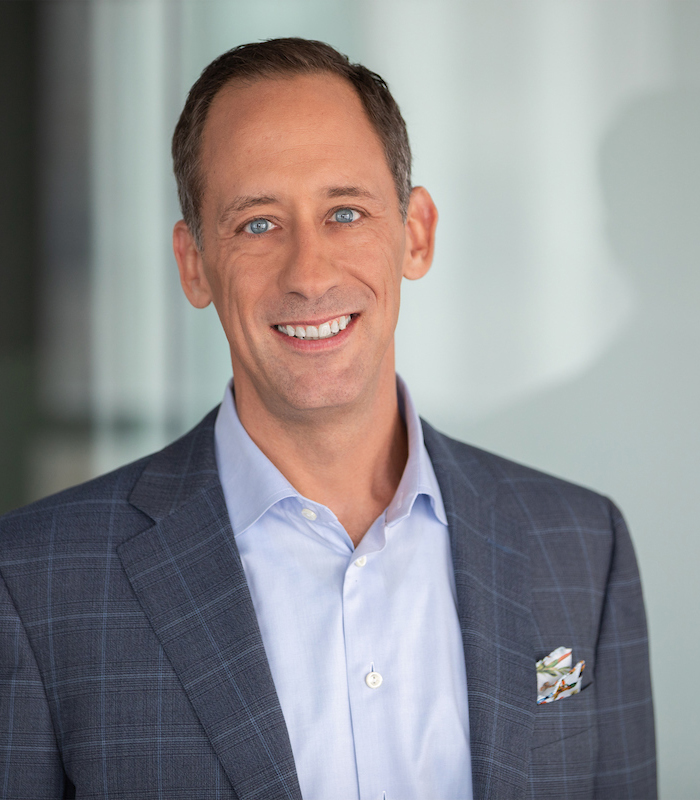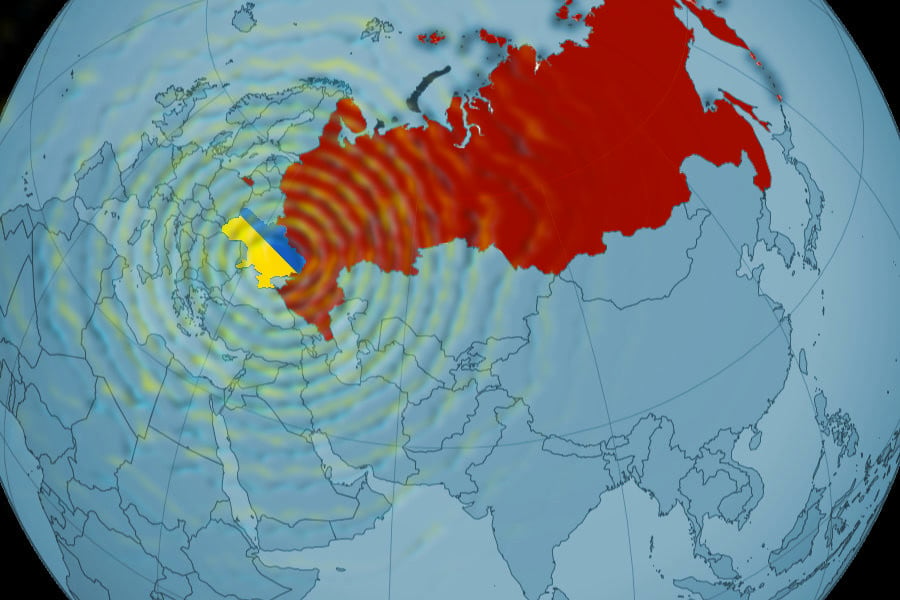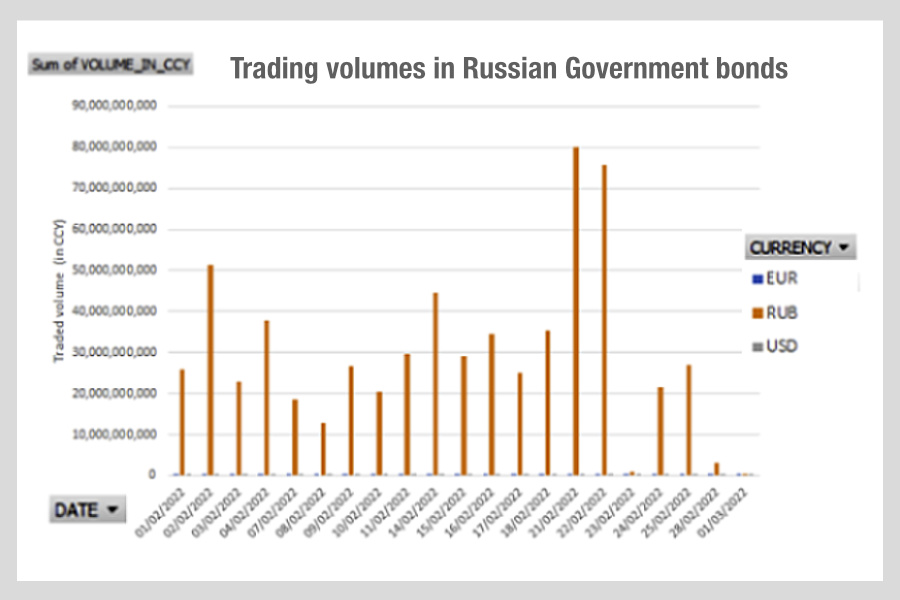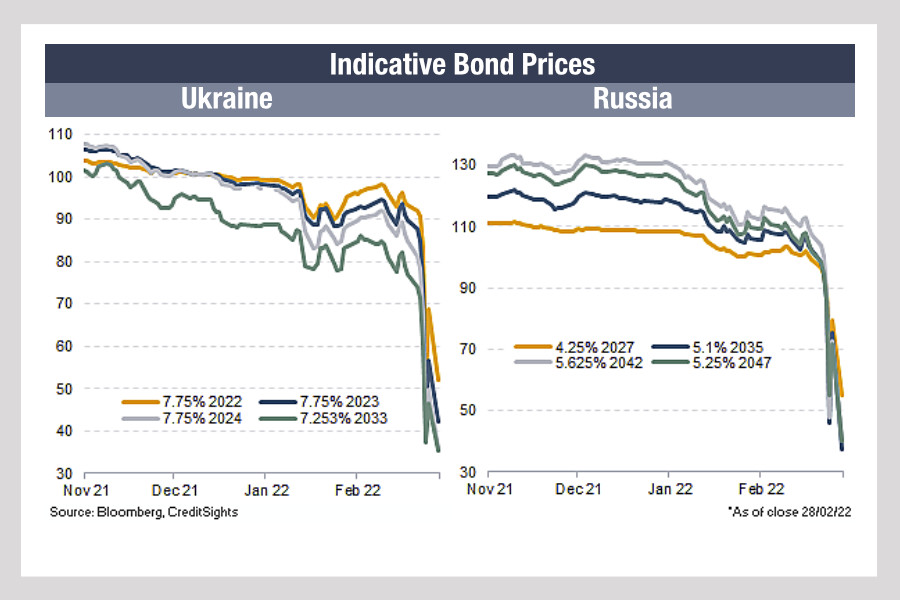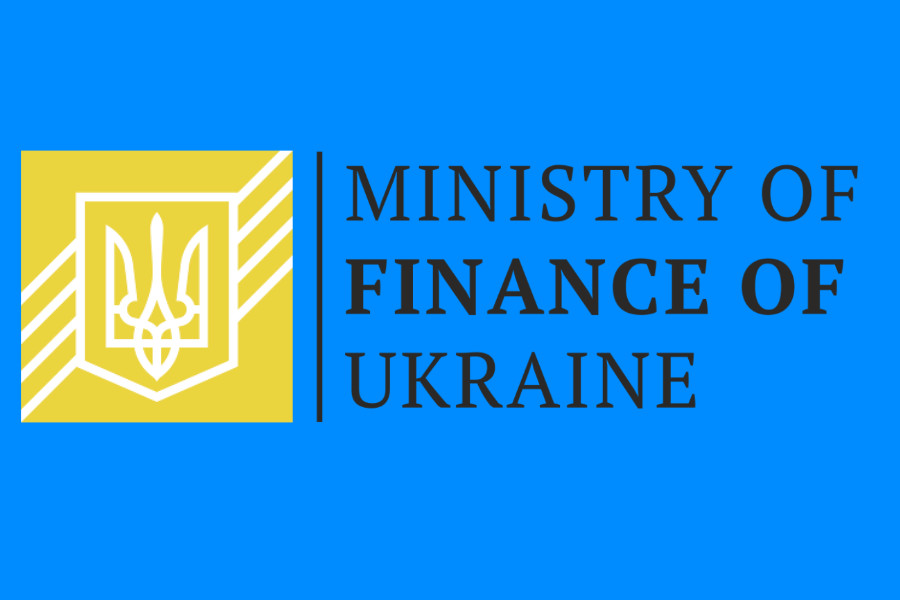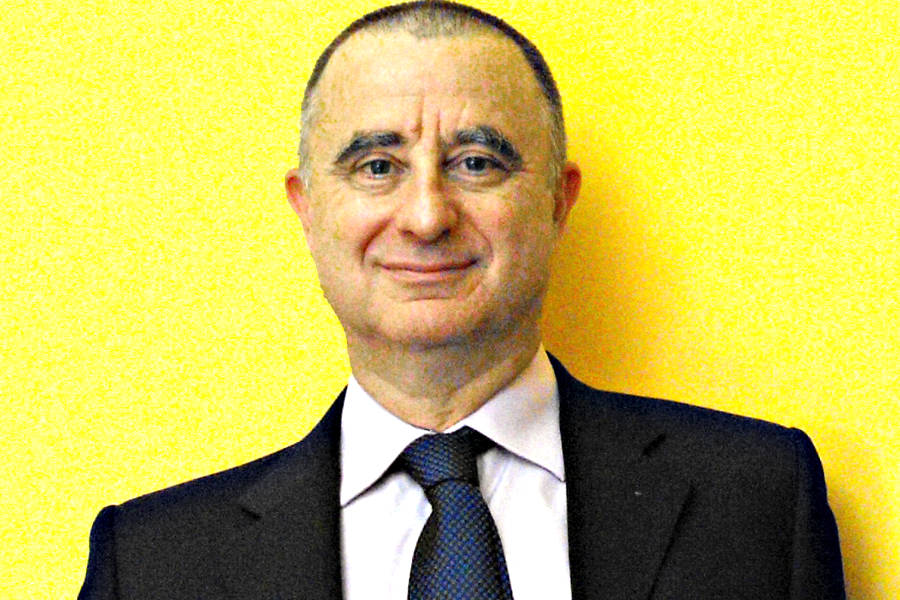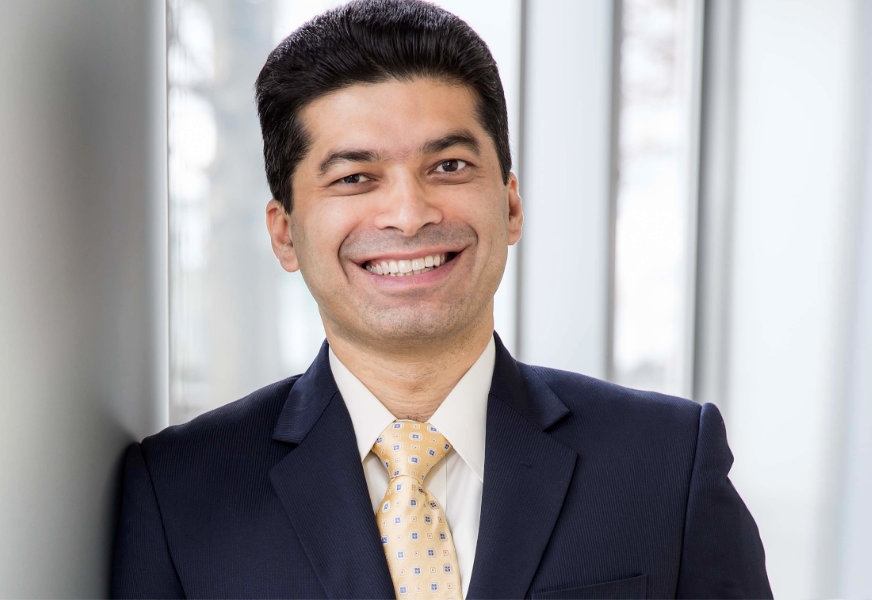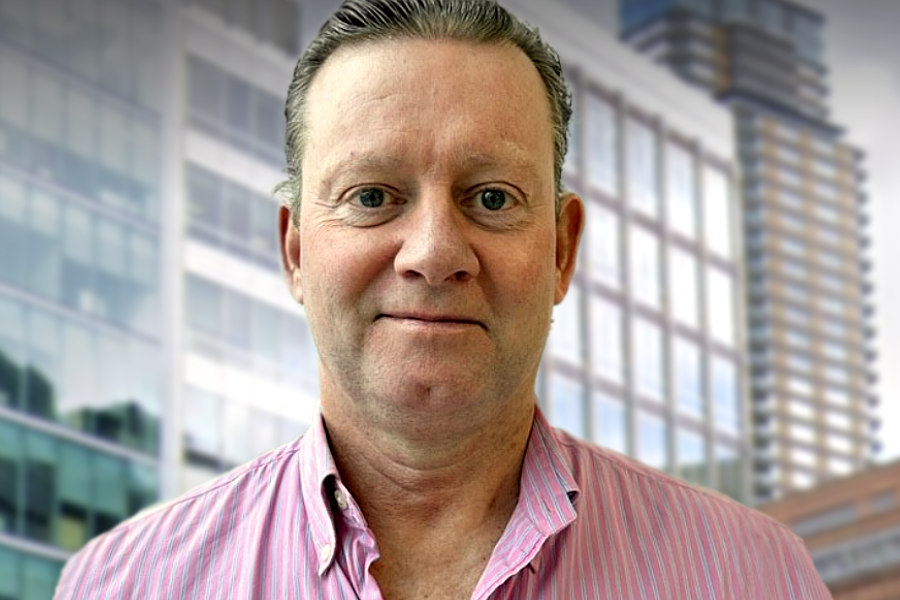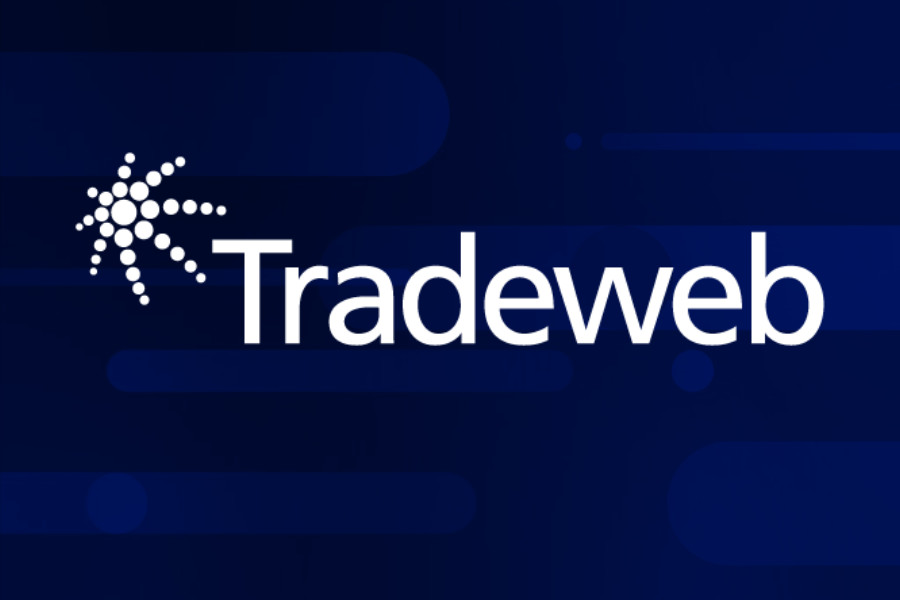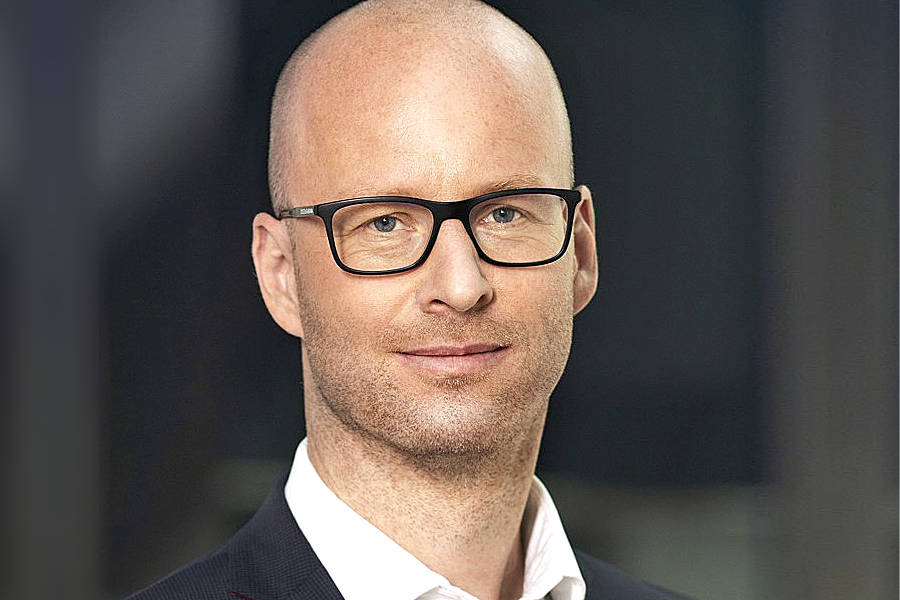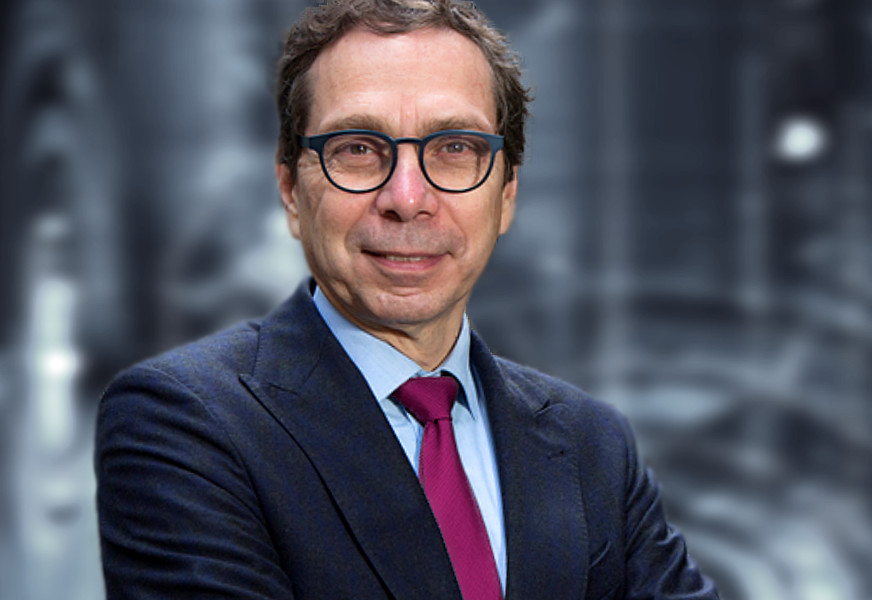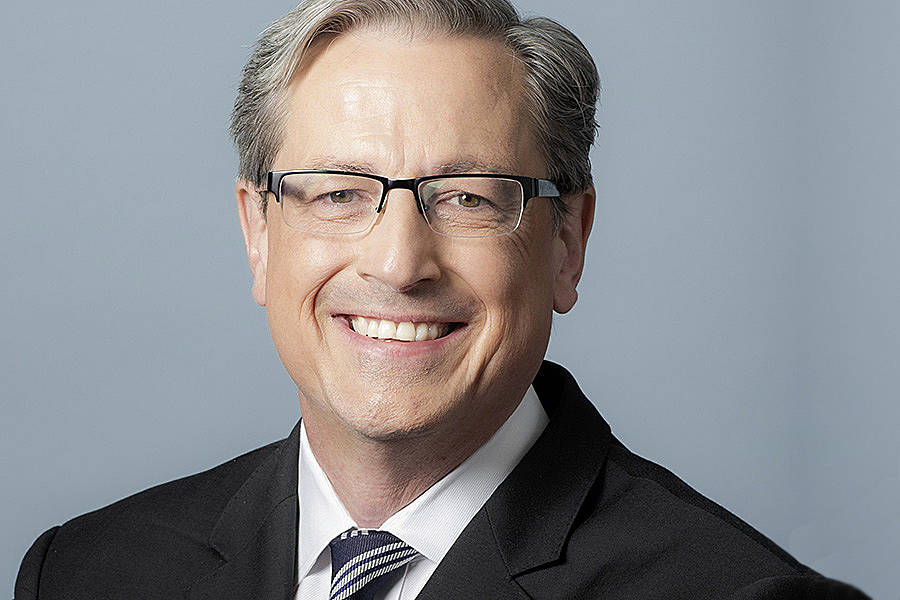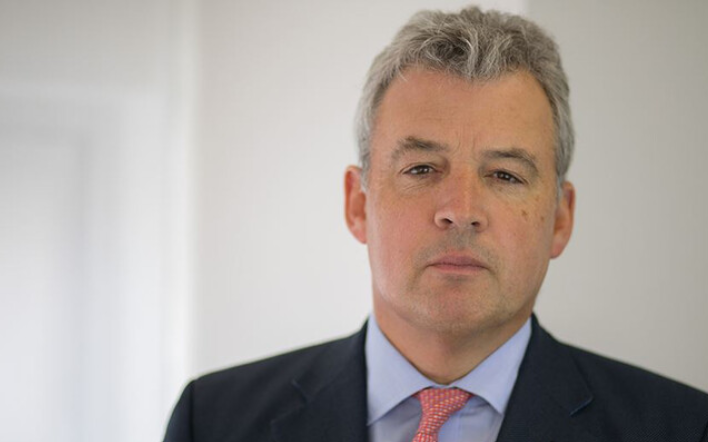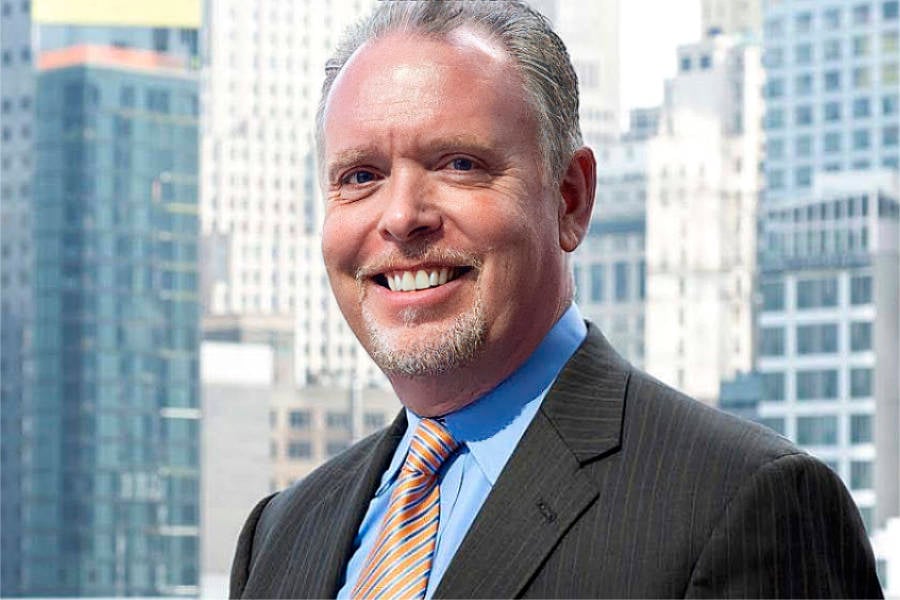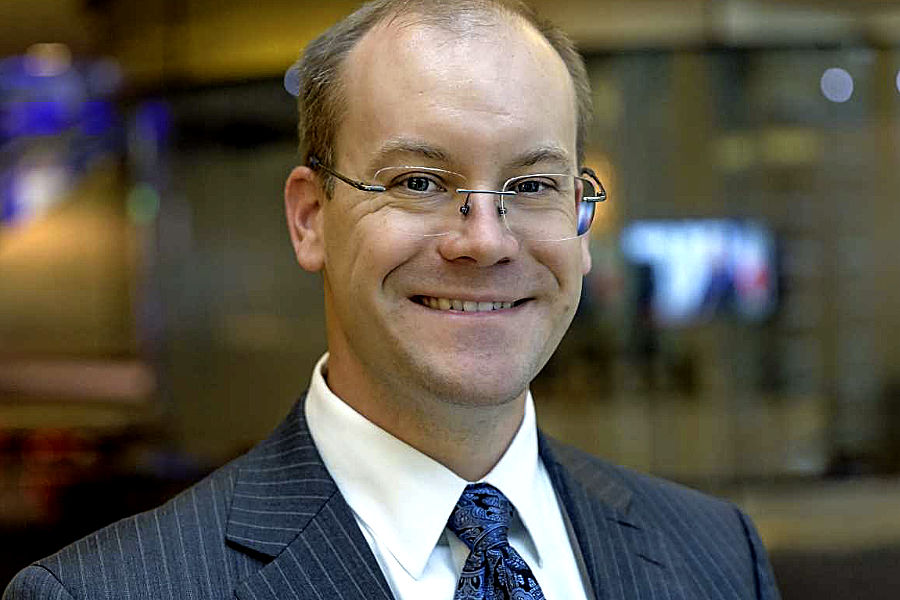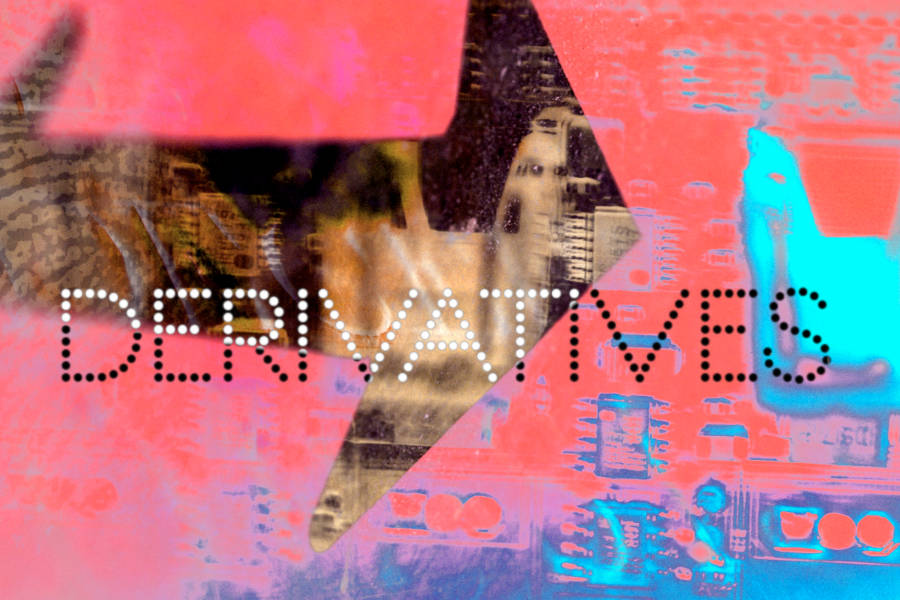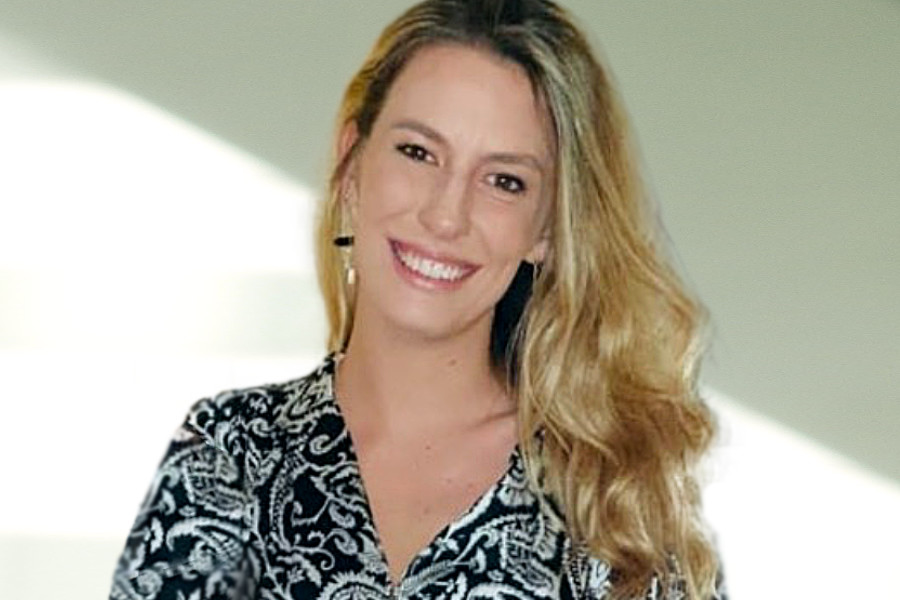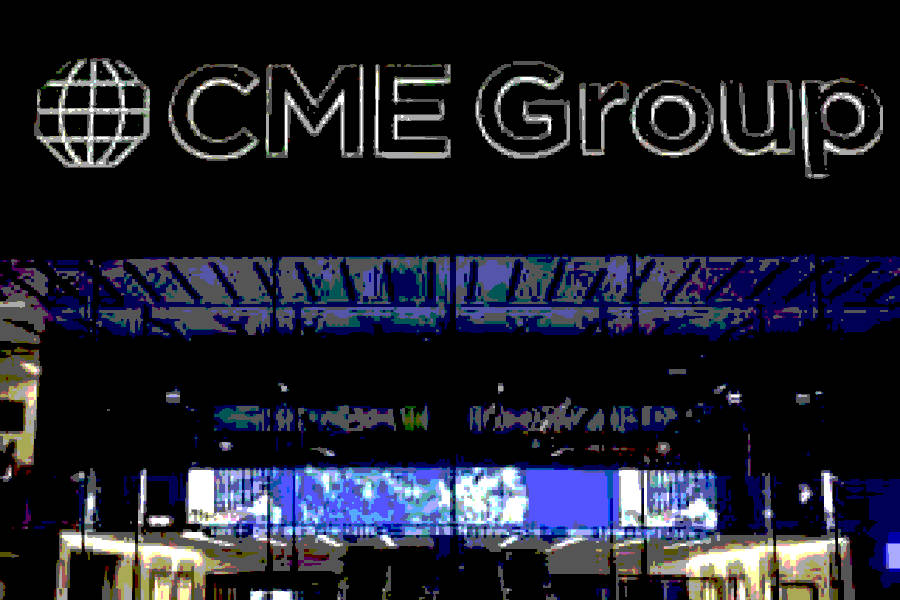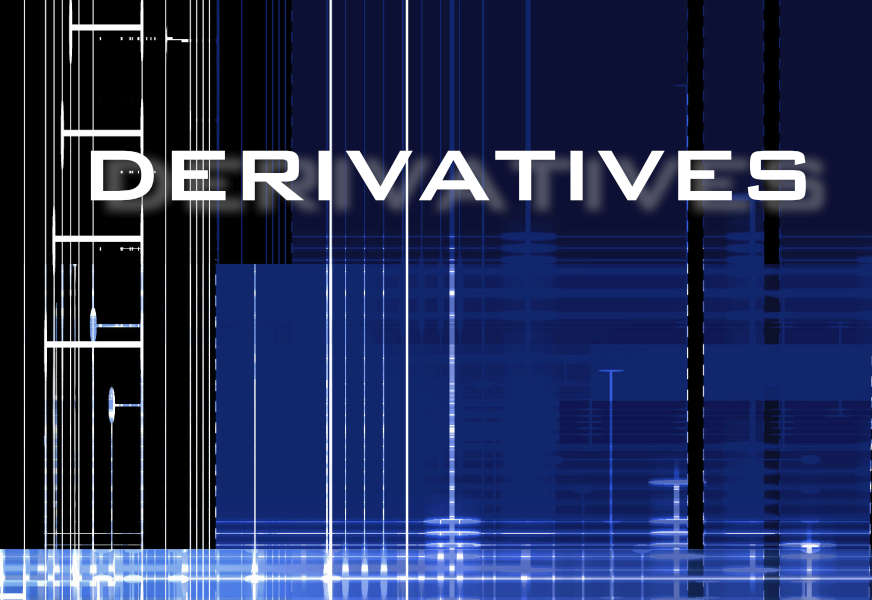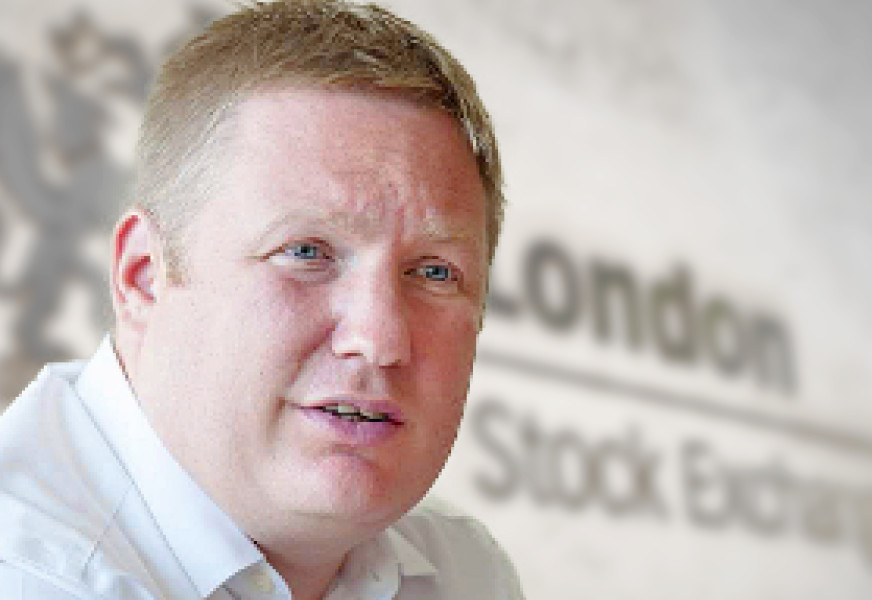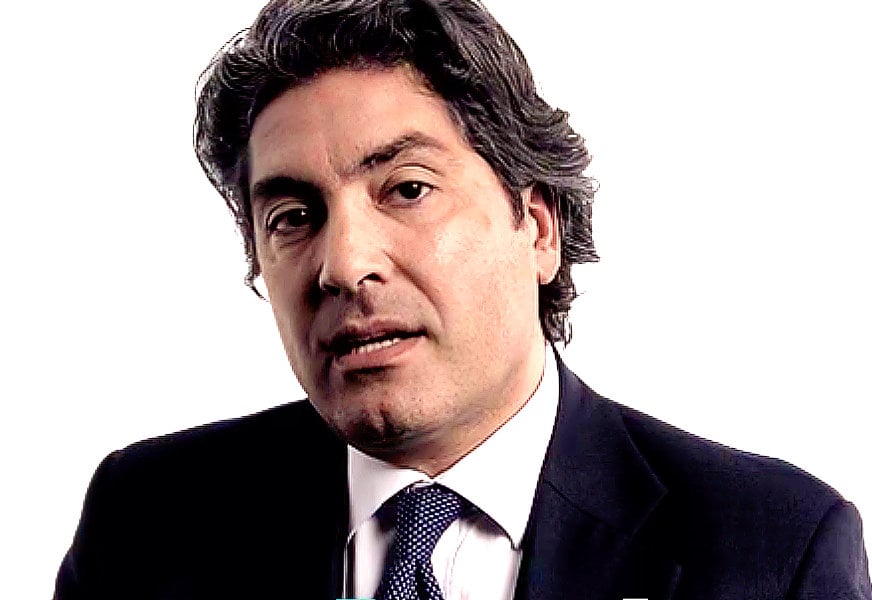
Heading into a stormy 2019, traders need both confidence and evidence to achieve their goals.
What do you think a bond trader in 2018 needs to have, in order to be confident in his or her activities?
What they really need is to attach a good rationale to what they are doing. In the past nobody really asked traders to explain and evidence their working in detail, that’s new, so to be confident as a trader, you must be able to clearly explain why you did a certain thing at any point in time, not only to the head of trading, but external auditors and regulators have to understand it, as well as clients.
 How are skill sets changing on the desk?
How are skill sets changing on the desk?
I recently realised that everybody that we hired in the last year and a half can code in R or Python. That wasn’t deliberate, it’s just prevalent amongst the new generation; if you have any technical degree you can do that. Now, the first neural network I saw was on floppy disk in the 1990’s. So from a mathematical point of view these are all longstanding concepts.
What has changed is the data, the processing power and how we can use them. Where most firms really struggle is having the right data, cleaned up, and understanding the context of the data. That’s where the ‘old school’ trader, has the greatest value. Through their experience they intuitively do things that the machines will have to learn and then systematically improve the outcome.
It is the combination of the technical skill and a deep understanding of the markets that you want in your trader.
How are you investing in technology to support the desk?
Trading is a business you need to be able to scale. One of the biggest things we are focussing on is automation. I want to make a clear distinction between process automation, and automation of trading decision-making. We are purely focussed on the former for now, targeting processes where a trader just needs to click the right button. For example, for a €300k on-the-run trade, no trader will be able to add value. Processing that is rules-based, and that’s where we focus our automation.
That frees up a lot of time for the more difficult trades. A lot of our volume growth comes from more passive and quantitative investment strategies which have a lot of small trades. On the other hand we have a big alternative and active business which has a lot of highly complex trades, and they are getting more and more complex.
Modelling in fixed income tends to be more challenging than equities due to the absence of data; how is the use of unstructured data, and artificial intelligence (AI) changing that?
It’s harder to pull data together than in the equity market, because data is more scarce. We have invested in a data lake to handle unstructured data, as it gives a wider information set. That includes technology like Hadoop, an open source big data platform, to help manage unstructured data.
In looking at pace of change, Amara’s Law says, “We tend to overestimate the effect of a technology in the short run and underestimate the effect in the long run.” I think that is true about AI. How many have really embedded it fully in the process? There is a big gap between the aspirations of the industry, and where it will ultimately go, but I think it’s underestimated in the mid- to long-term. We will have to go through years where expectations might be disappointed.
But against the wider market there are gaps in development. When there is an IPO, the market goes back to the stone age. So the aspirations of the industry are quite far away from reality at the moment. When we talk about venues in fixed income they are actually just an efficient way to ask for five prices. So there is a lot that does need to change.
How do you see that relationship between the trading teams and portfolio managers changing?
It’s growing closer together than it ever was. Like traders, portfolio managers used to do things intuitively. The market is about behaviour and portfolio managers can read that behaviour really well. Newer portfolio managers are very quantitative, they can code. So we have a similar point where the senior people need to learn how to systemise process and the younger people have to learn how to read the market, and the difference between correlation and causation.
One of the key things we find is that to implement a great idea, you need to be able to react quickly to liquidity events. To really make a material difference we need to start work before we get the trade on the blotter, that’s what is going to change it. It’s making sure that the PM, when he takes a decision, has the right expectation of cost, understanding the environment he is currently trading in. We saw that in Italy on the 29th of May.
Do you need a process in place to manage that relationship?
You can’t formalise it, because it is about respect. At the trading desk we need to earn the trust and respect so that we have a voice. We need really high-quality people that can manage that relationship, because that’s what is going to help our client.
How do you evidence best execution?
We have built a framework with a risk-based approach, so we pick areas where we need to look more deeply. With our compliance teams, we review specific actions, and we also do more thematic reviews. So for example, if I look at trades that have two quotes and if one broker pops up that has a big portion of those trades, I would raise it with the compliance team to conduct an independent thematic review on this broker; is it a theme, or is it just a one off?
In general we use a system-based approach to manage our Level 1 controls. We have a team that uploads for example outliers, and non-competitive trades so we can review those with traders very shortly afterwards, when it’s fresh in their memory.
What do you make of the idea of a high touch/ low touch model?
I believe that segregating them is not useful. I do not want to segregate some of my best traders from a lot of information. Segregation also creates a challenge; at the moment we would have pretty large low-touch teams but they would become smaller as we automate more, so they would be asked to replace themselves. I don’t think that is a good dynamic.
Can you see a gap in the market for a piece of functionality that traders need?
The problem with many of the new tools on offer, is that we as an industry don’t have the basics. I don’t have a tool that I can manage new issues with in an efficient manner. We don’t even have FIX connectivity to our brokers. It’s cultural to a certain extent. If you look at how the sell side incentivises people, they don’t get paid if a trade is run on a machine. So it’s obvious that nobody in the sell side will want to put anything on a machine.
In equities I have one system that gives me a direct connection for all my equity trades. If I could use the exact same connection for my fixed income trades I would, but I can’t.
So I think fundamental changes are needed more than specific functions.
How do you see sell-side coverage changing and in what way?
Firstly, technical skill will become more important knowing the supply and demand dynamic, and detailed specs and processes of products, etc. Secondly, it is about mobilising resource. How much allocation can this sales person get from risk takers to my firm? That at the moment is probably the most important skill that any sales person has. Can you convince your management team to improve a pricing algo and get us significant allocation of balance sheet.
Has the measurement of broker value improved?
We did a big exercise for fixed income, which has been automated in our system, and is a sales credit system. We calibrated it with some of the providers, so we had a good idea what we are paying to our broker on a spread.
However where traders really need to start looking at trading costs, is on the fund level. That’s ultimately what the regulators, PMs and the clients are all about.
What is your take on the consolidated tape?
We absolutely need it. TRACE in the US in my mind is a great success. I think for the credit market it would add most value, and liquidity. I think some people are afraid of information transparency. In the US they said, that if you have 15 minutes to report equity trades, there wouldn’t be any risk trades anymore. It hasn’t changed anything. MiFID II hasn’t changed much so far; the data being gathered seems to be of limited use.
How effective do you find platforms are in fixed income?
I think they are the only player innovating at the moment in the market place. I think they are really adding value, not from liquidity or price formation but in the data they produce. We see two different markets right now on electronic platforms.
Everything in credit under Ä3 million in Europe and probably US$5 million in the US has totally different supply and demand dynamics than anything above that. It’s much tighter, there are more brokers involved.
That is driving a discussion. We are asking, should we not break up bigger trades into smaller chunks? It’s not the etiquette of the market, but if I have a Ä5 million trade and I can get it done in three clips that are much better on average than the one price, should I not go for it? These are discussions I am currently having with my brokers and we would obviously be fully transparent about it.
From a trading point of view, does the politicking over market structuring (e.g. Brexit & clearing, etc) create potential risks?
It’s a major risk that is being underestimated by the market overall in my view. With Brexit, to not be aware of the potential impact right now is foolish. We have a comparatively small UK footprint, but we are very engaged. There are many open questions, especially around clearing, but ultimately the broader effect is extremely difficult to assess. I think everyone is hoping for a deal.
Do you think there has been any change in market structure as a result of MiFID II?
Not really. They had the great intention of making the market more transparent. There is a lot of data, and we can’t really do anything with it at this point. I think the intention was good, but the technicalities around how it was implemented have not delivered the intention. If they had built a consolidated tape they probably would have achieved most of their goals in this respect.
How do you expect market conditions to change over the next year?
We come from a very benign environment, and now we have a 10-year cycle. We have seen a lot of return in the market. Our view is we are not in a late cycle yet. We are probably on the verge of it. Typically in a late cycle volatility goes up. I think people were shocked by the Italian experience; liquidity is like the price of an asset, it’s something that moves and sometimes very quickly.
Our base case is that we are going to see a moderate increase in volatility and yield barring any macro events. Generally, we have found that credit tends to underperform in late cycles and given the market growth of issuance through this cycle it will be an area of focus for us.

How will these conditions affect electronic and voice trading?
As volatility goes up, liquidity or spreads will come down and/or widen. I think electronic trading will play a bigger role because I think trading activity might go up again. However, this is only true as long as volatility increases remain benign. When volatility is extremely high we see that voice trading becomes the main channel of execution. These are the moments in which relationships to risk takers count most.
Biography:
Vincenzo Vedda is the global head of trading at DWS. Based in Frankfurt, he joined DWS in 2013 with nine years of industry experience. Prior to his current role, He was head of asset and liquidity strategies, overseeing the securities finance and fund treasury activities. Before joining, he held a number of positions within the equity division at Morgan Stanley in London and Frankfurt, most recently in covering key institutions for a broad range of sales trading services. Prior to this, he worked in sales and as a credit trader within the fixed income division at DZ Bank in Frankfurt. Vedda began his career in internal audit at Morgan Stanley in London. He has a degree in International Business Administration from International Business School, Bad Nauheim.
©TheDESK 2018
TOP OF PAGE
